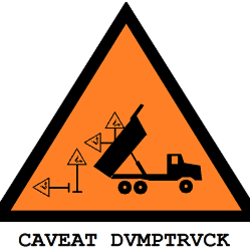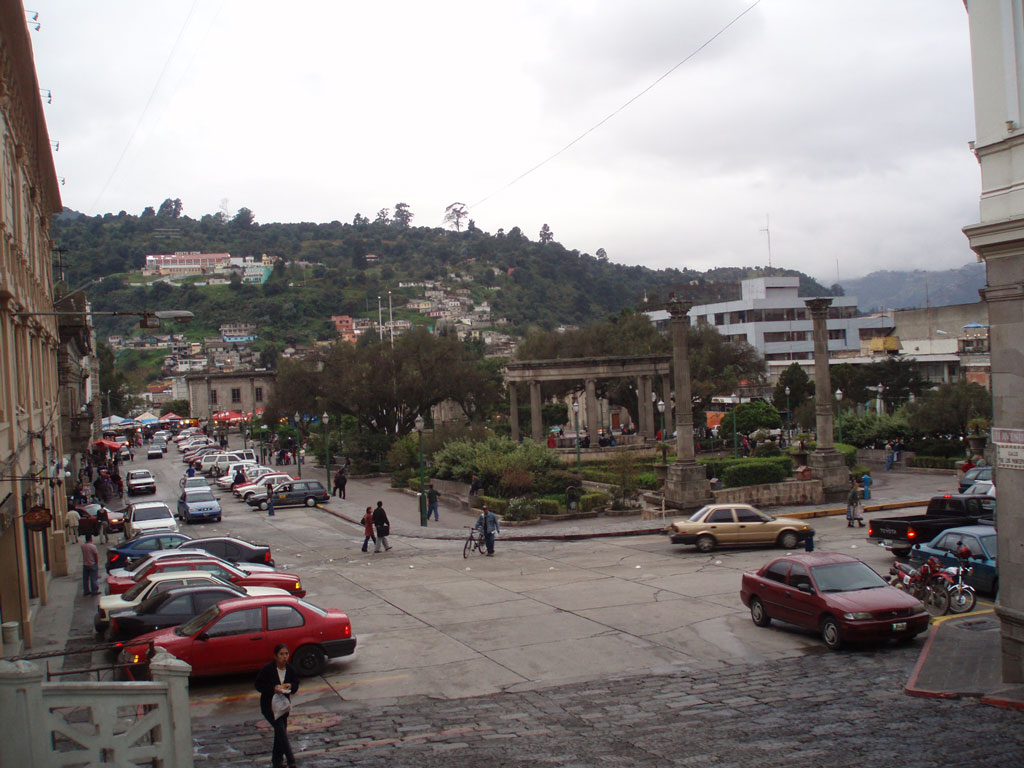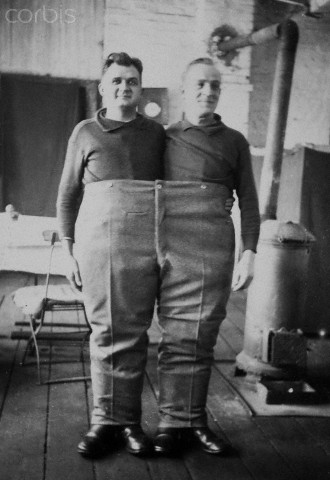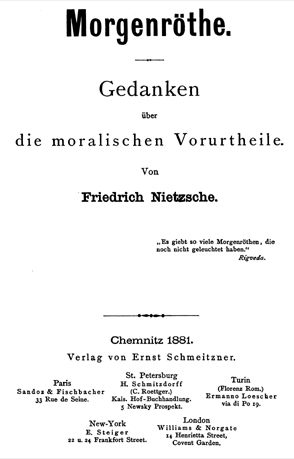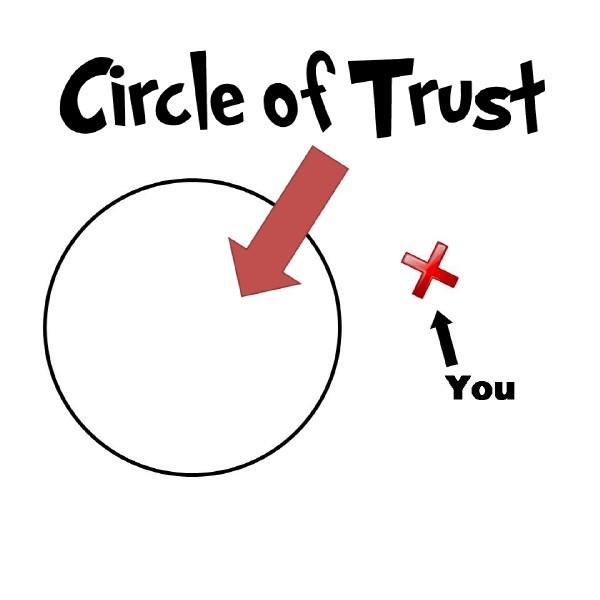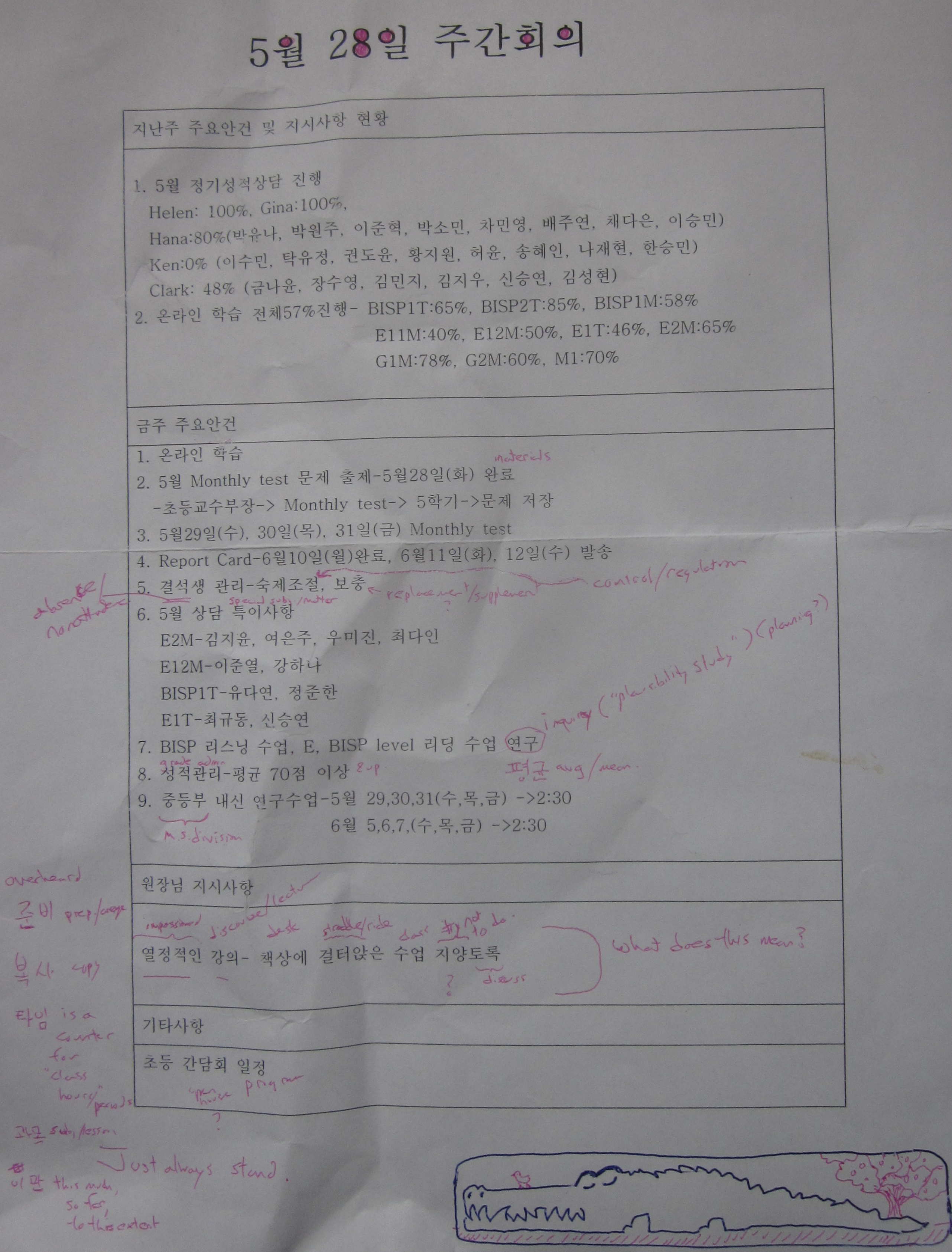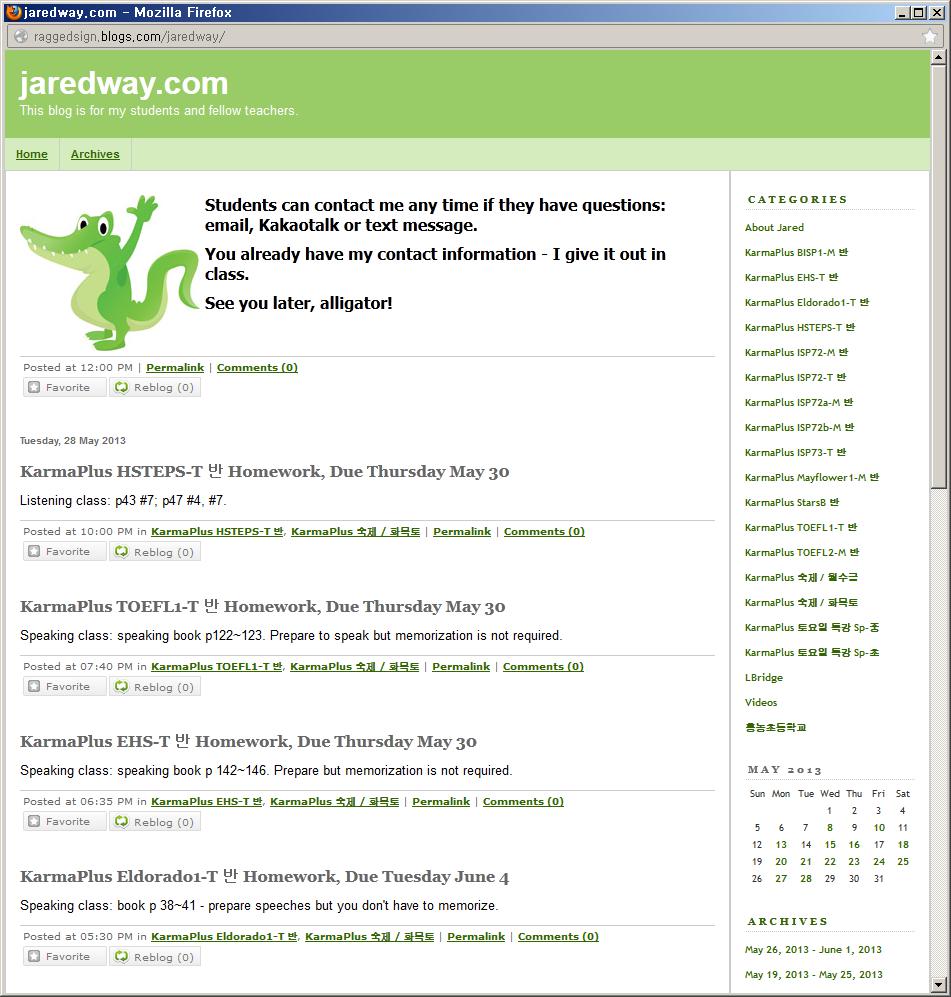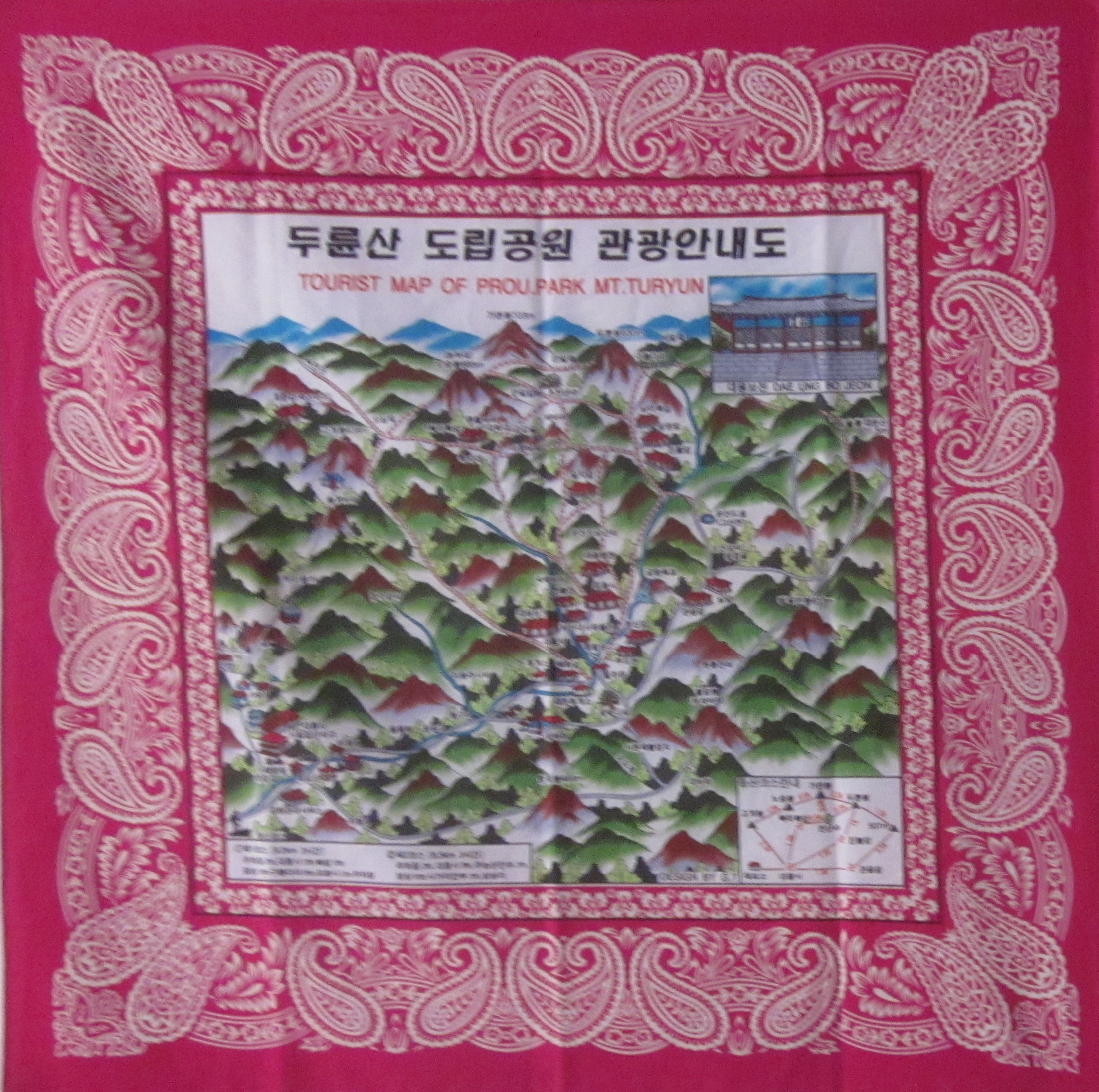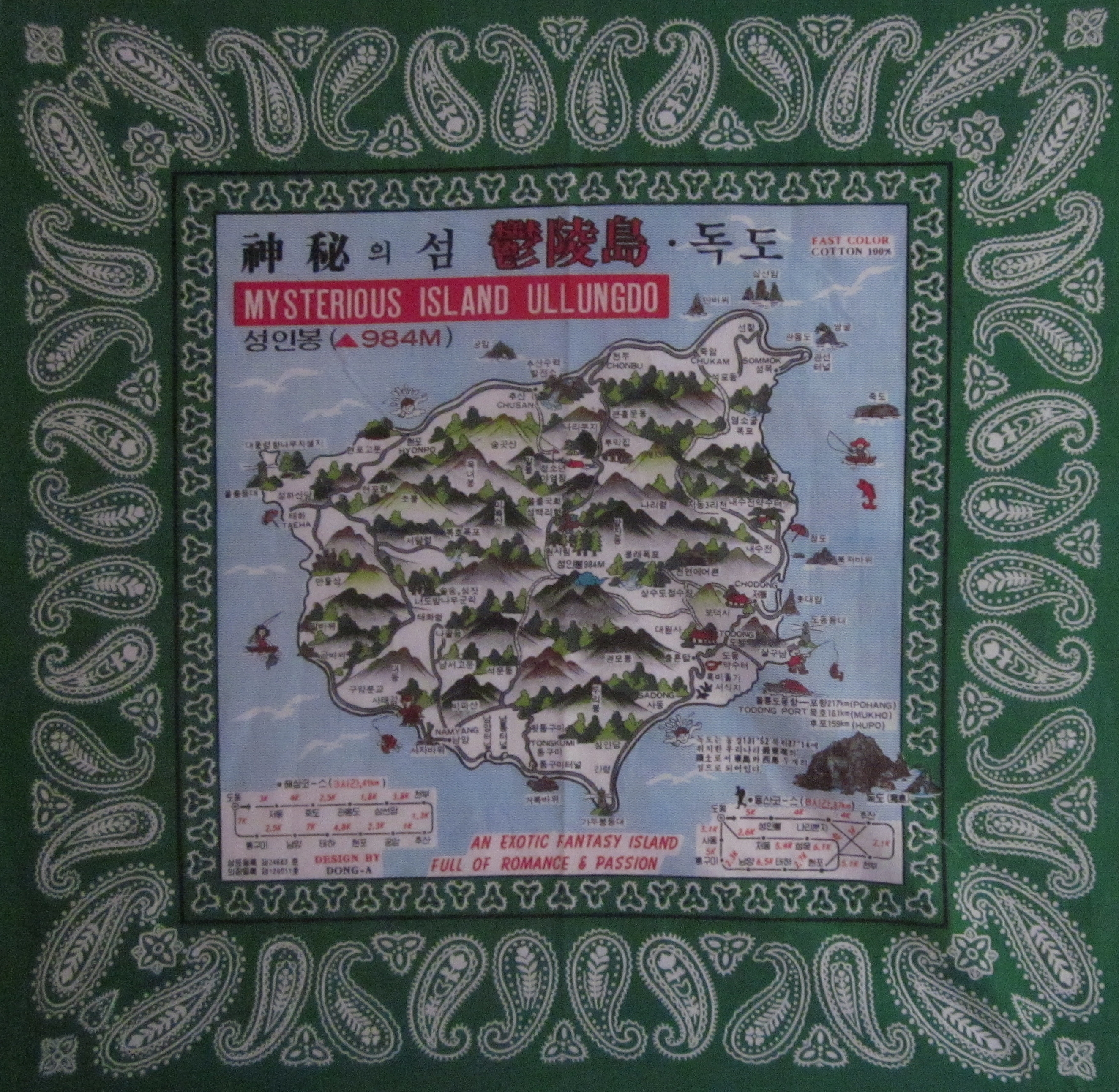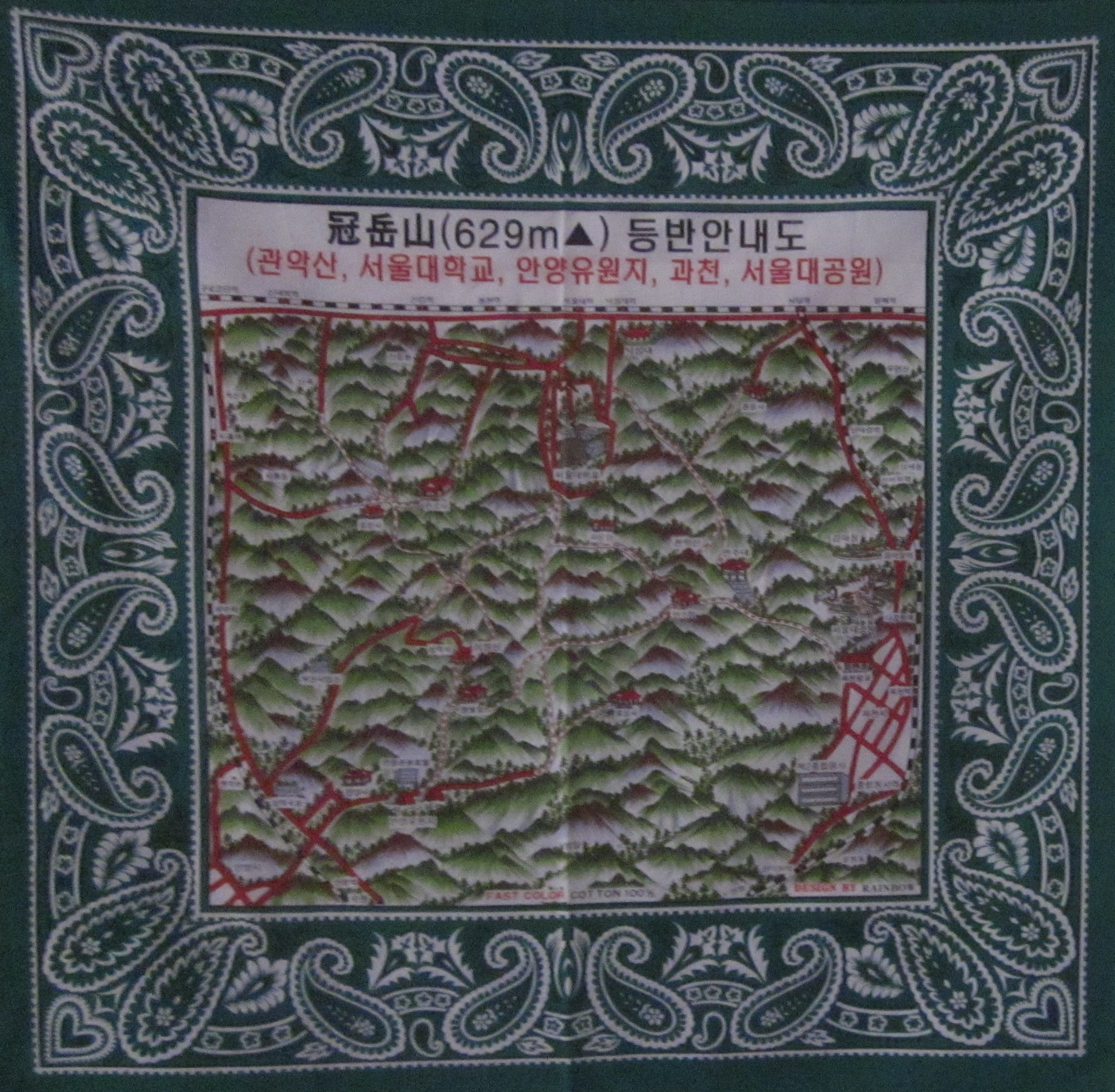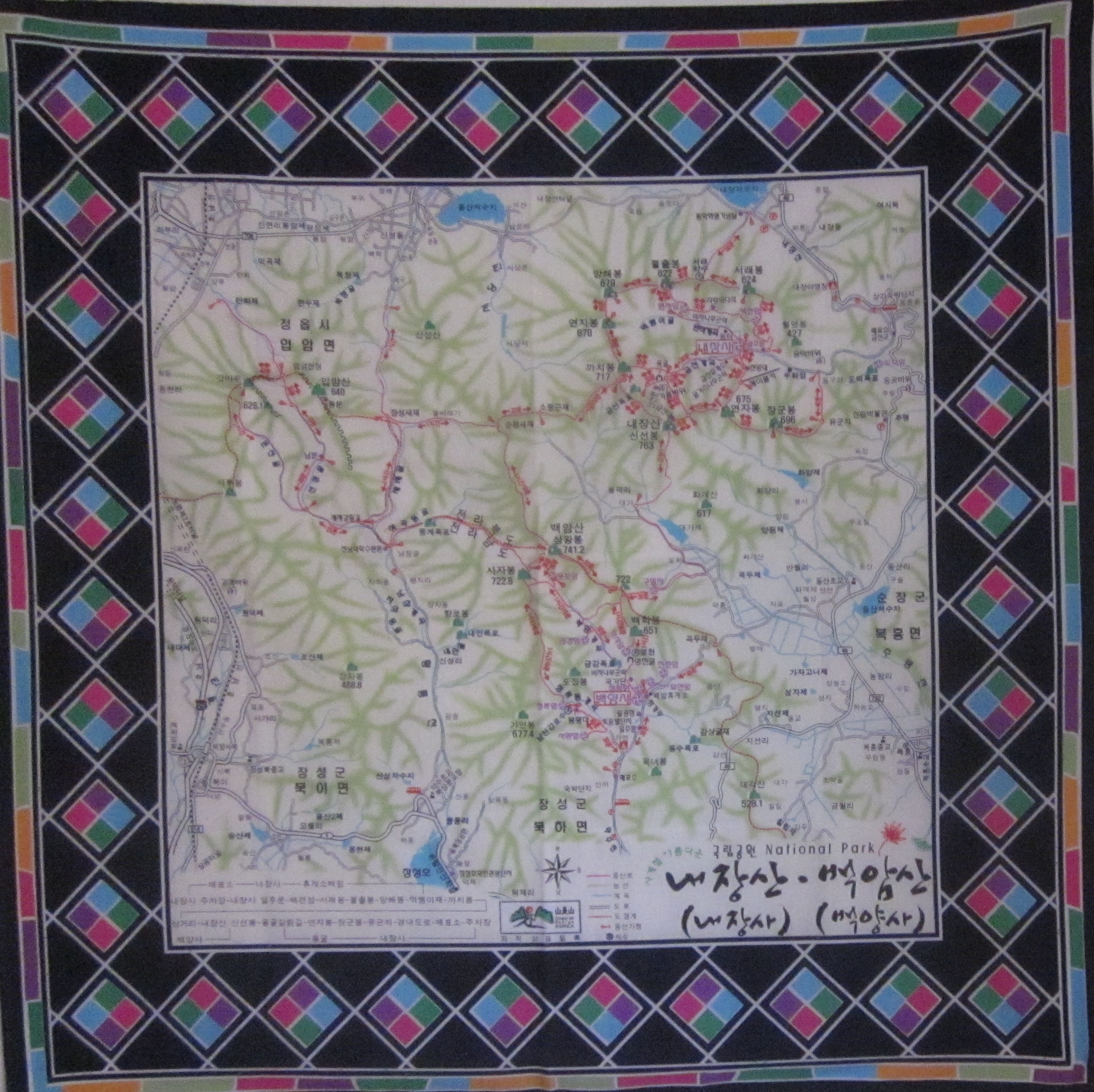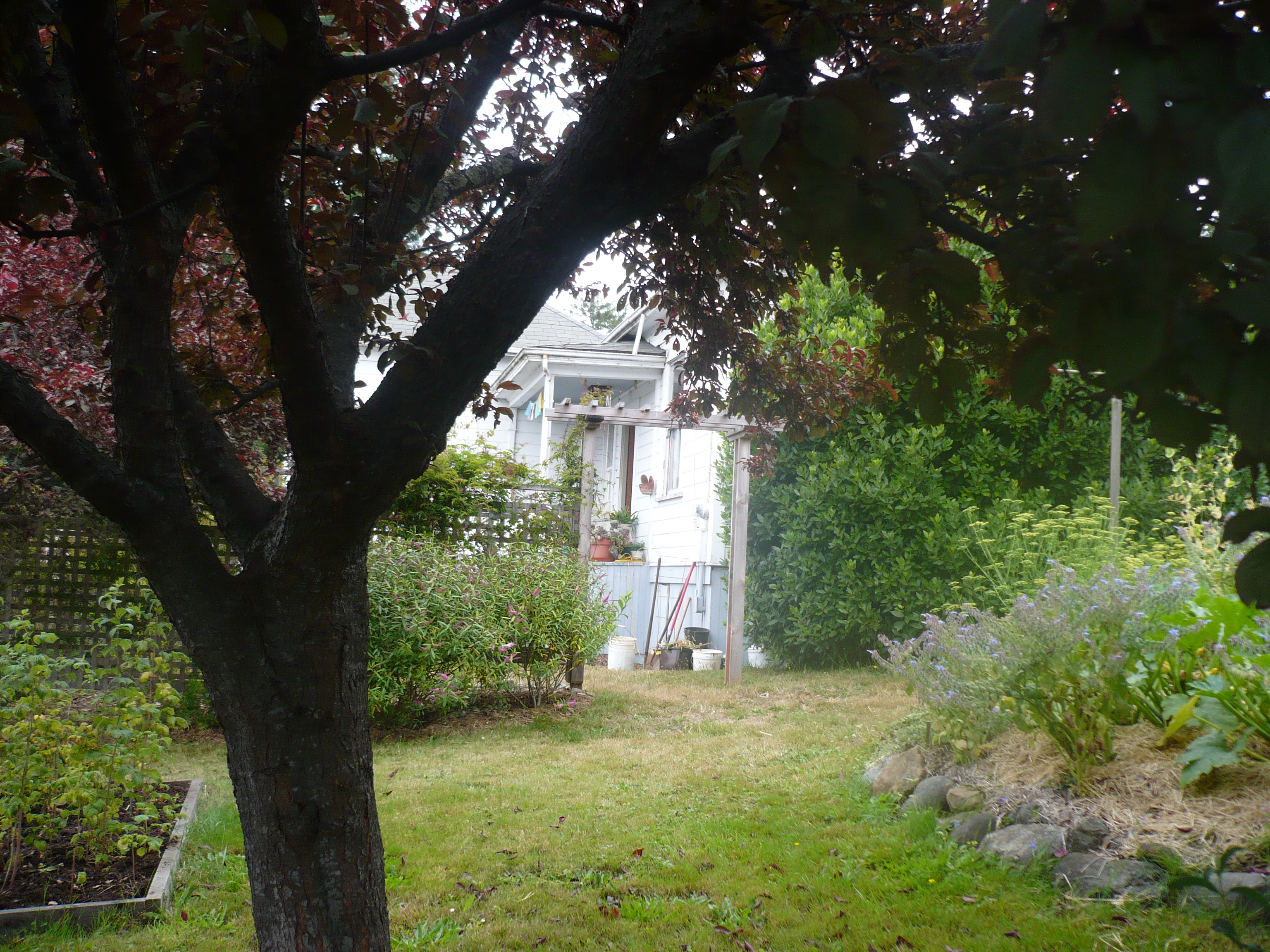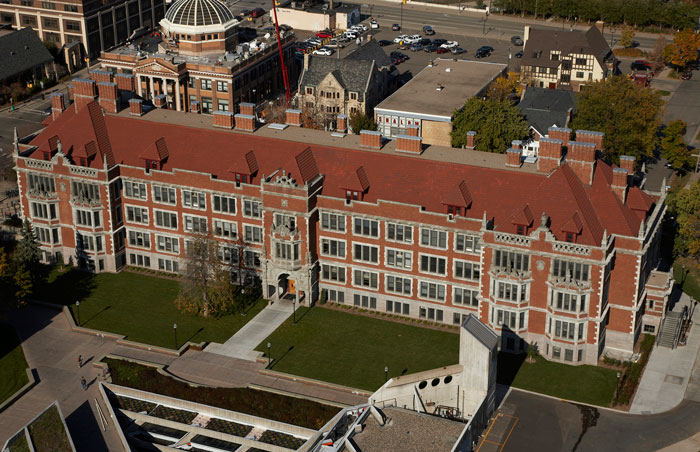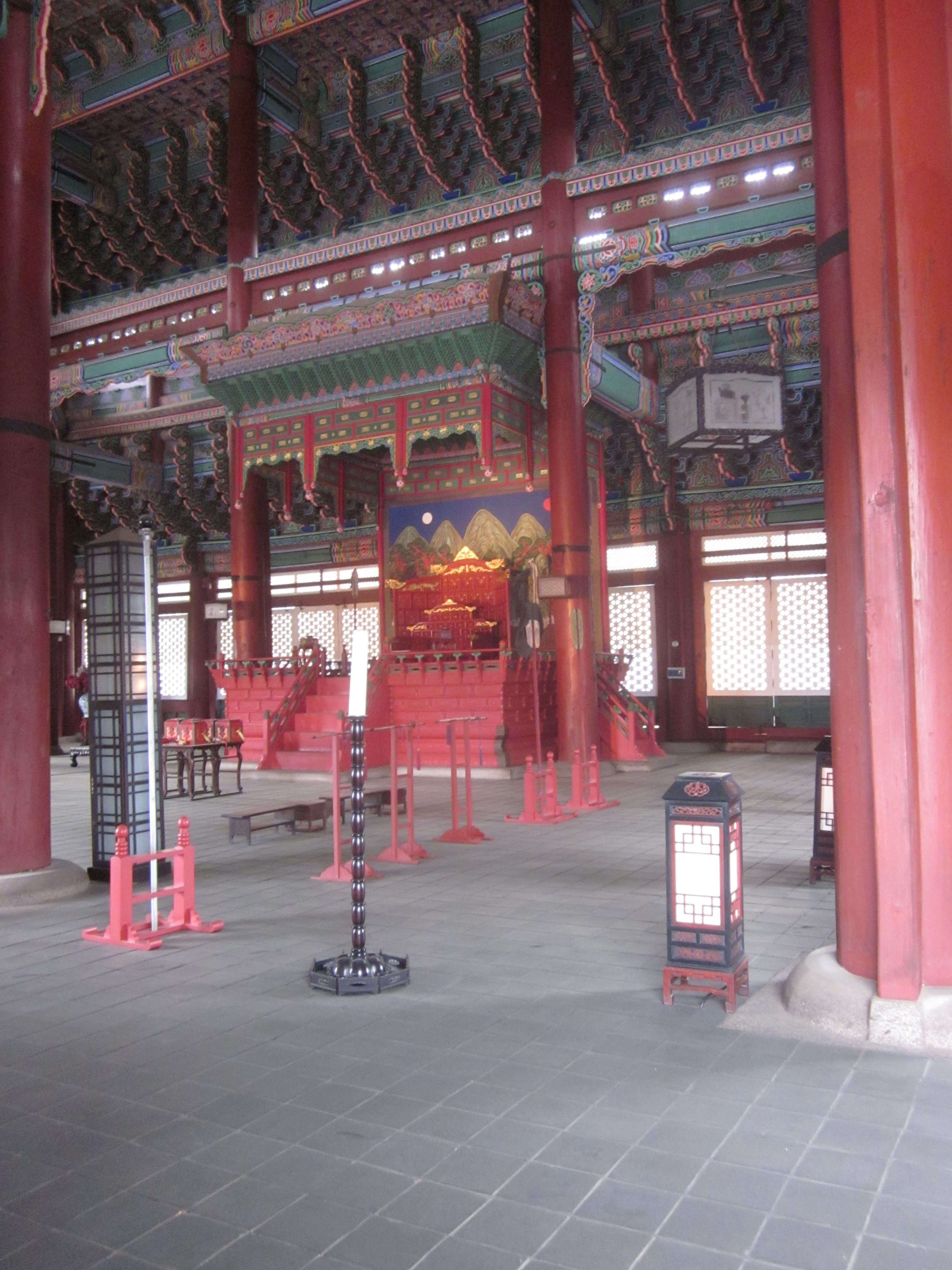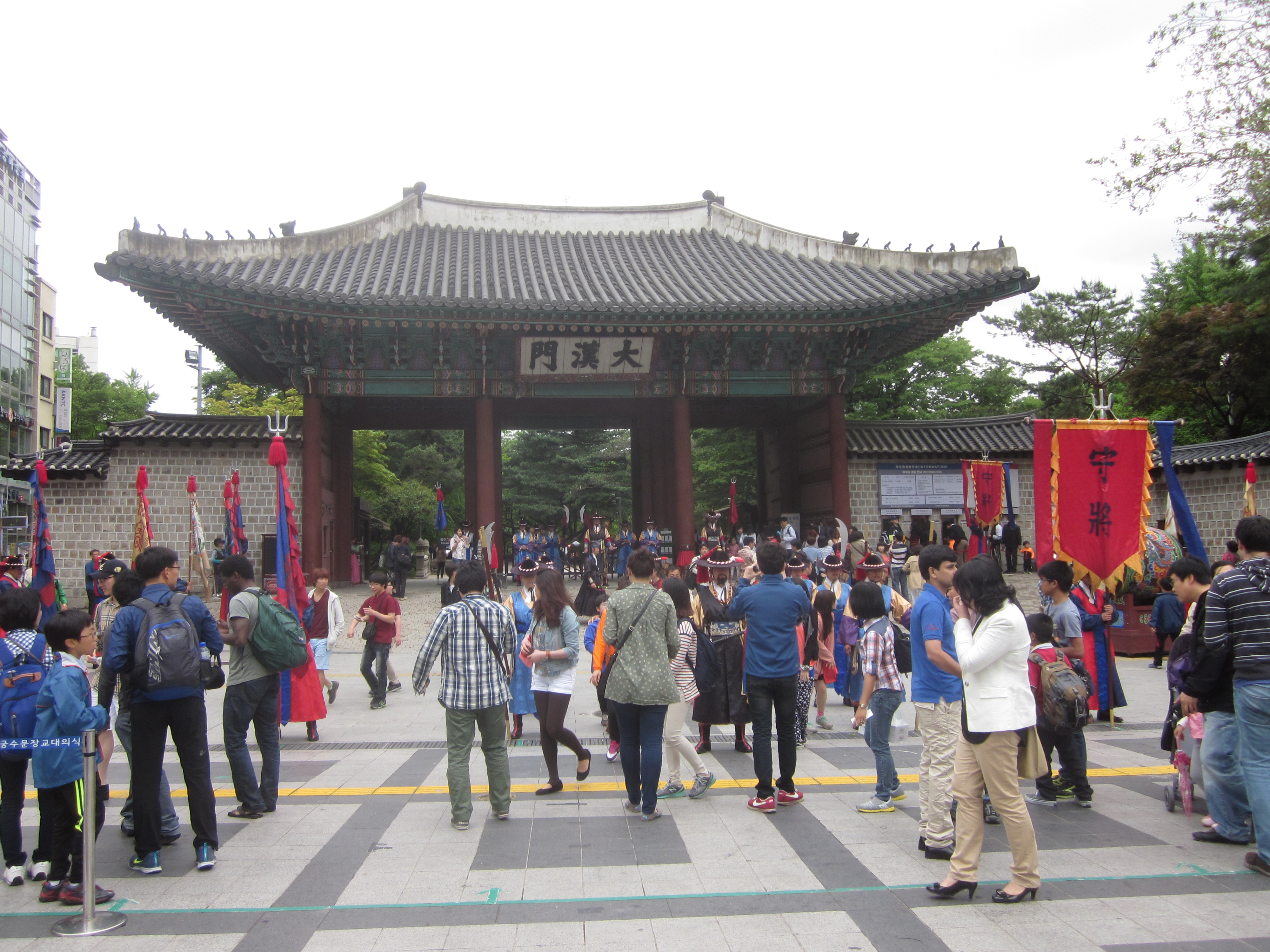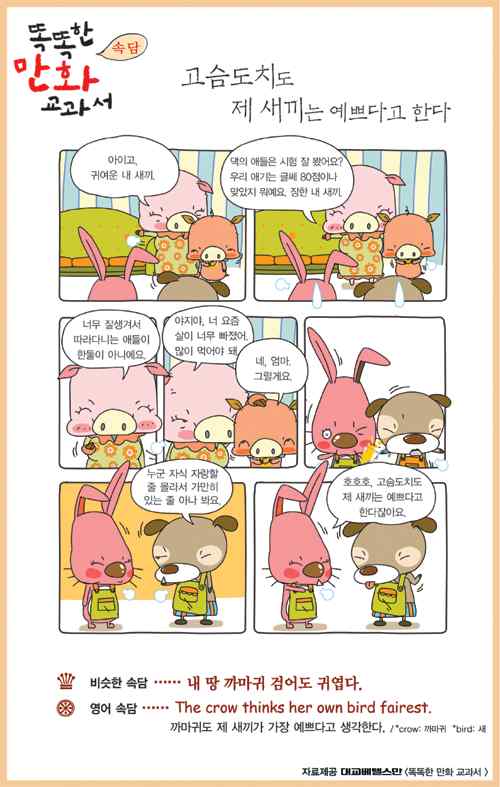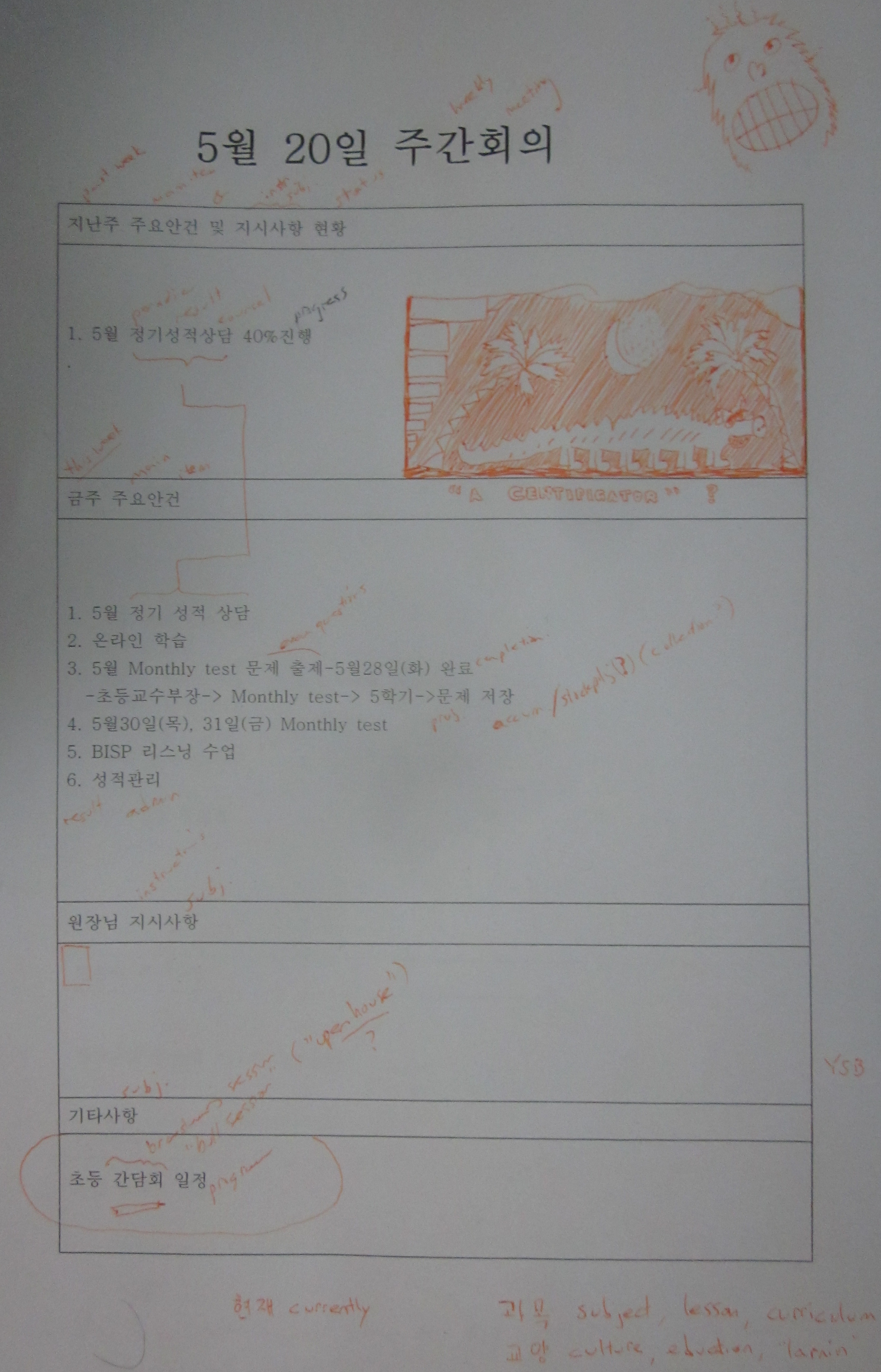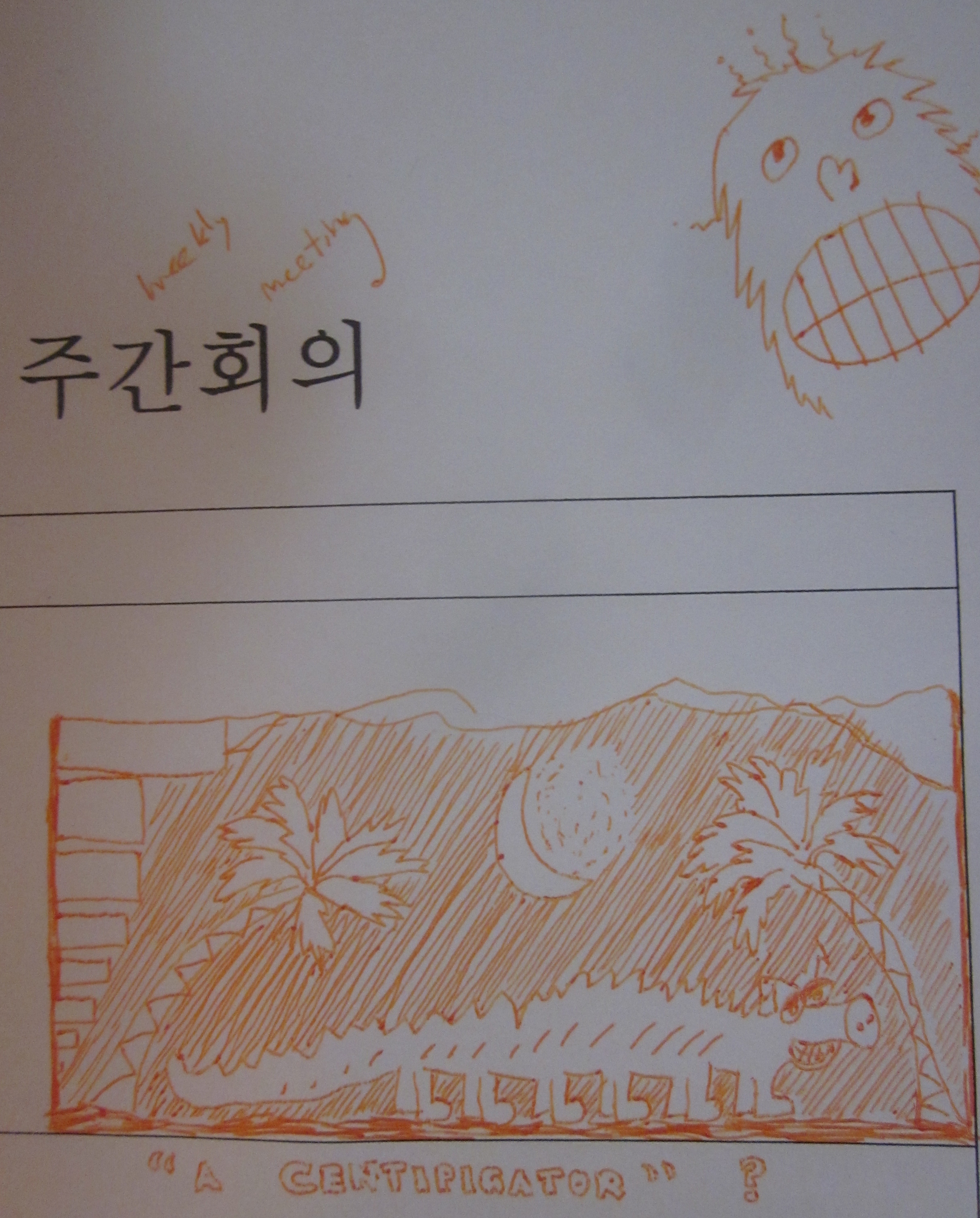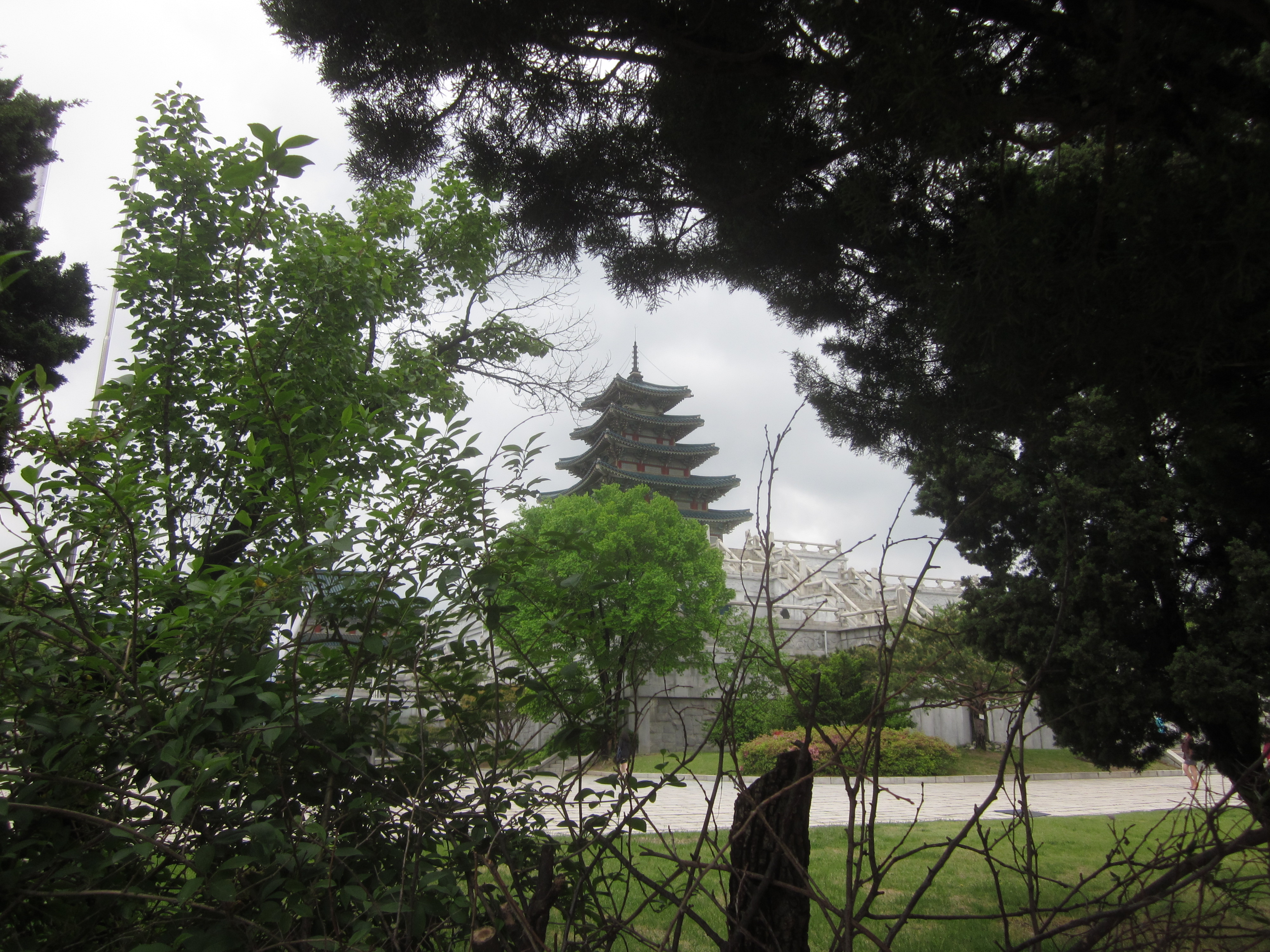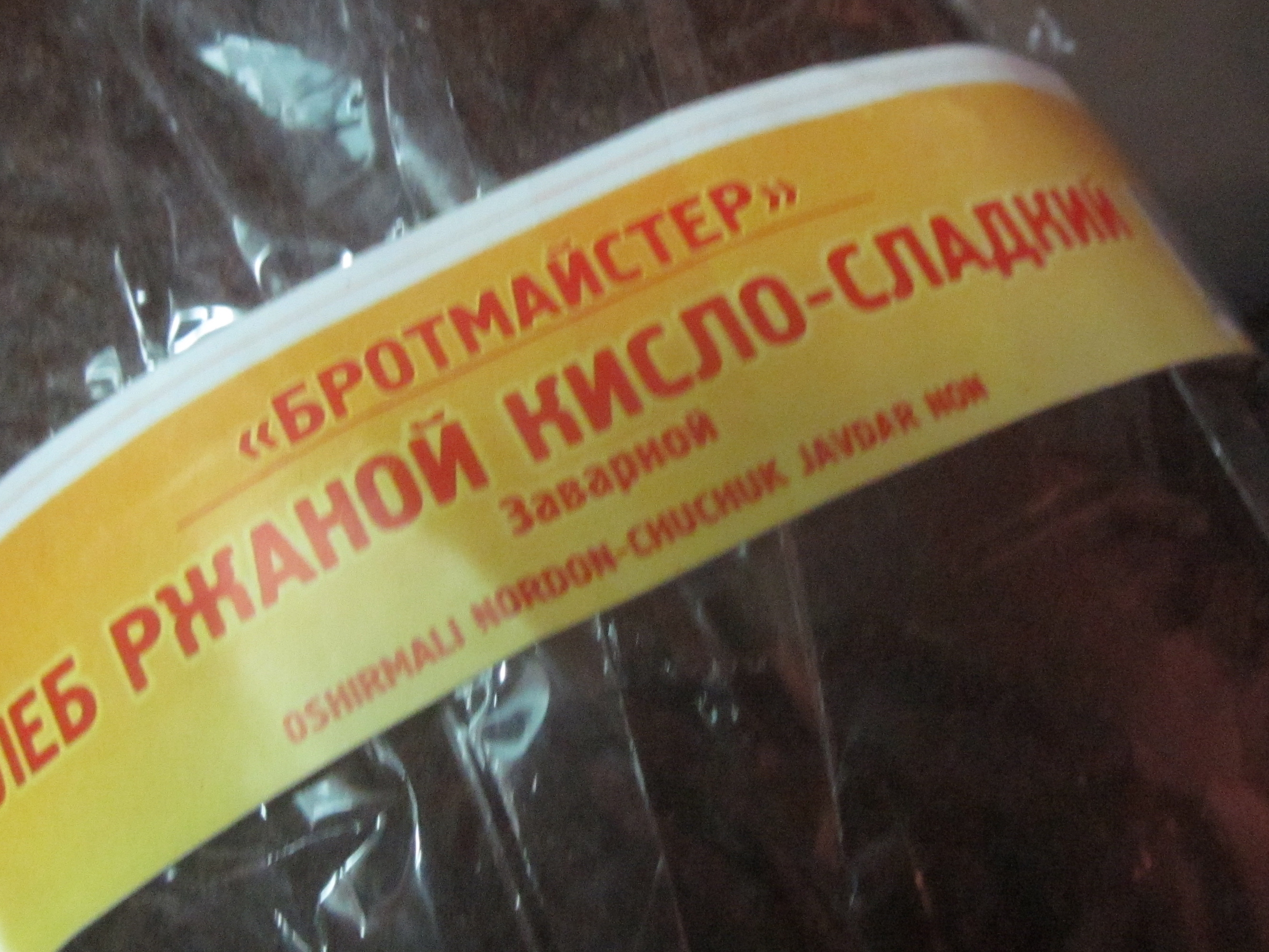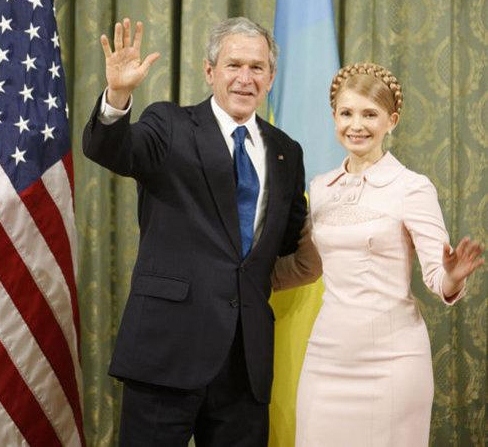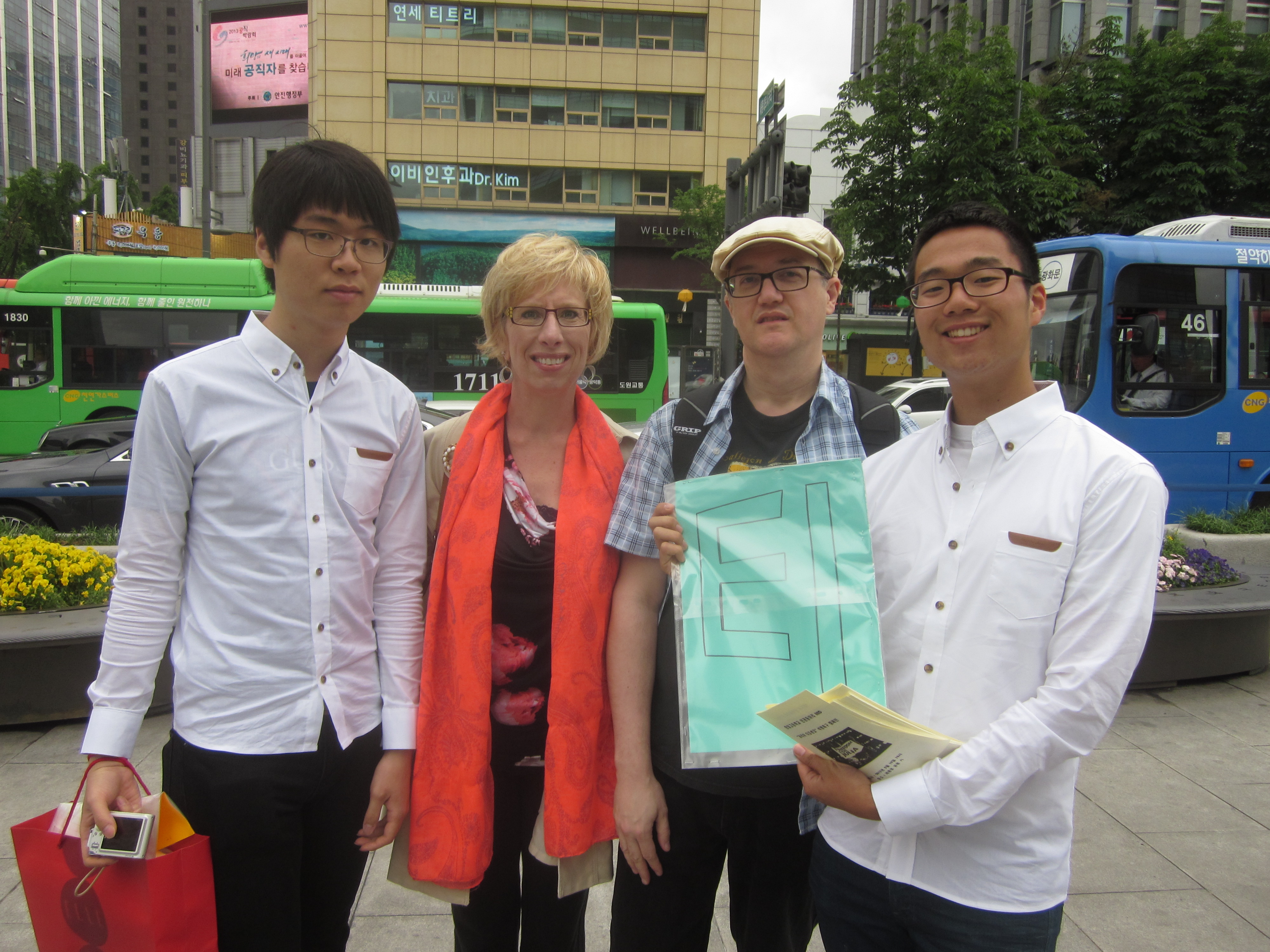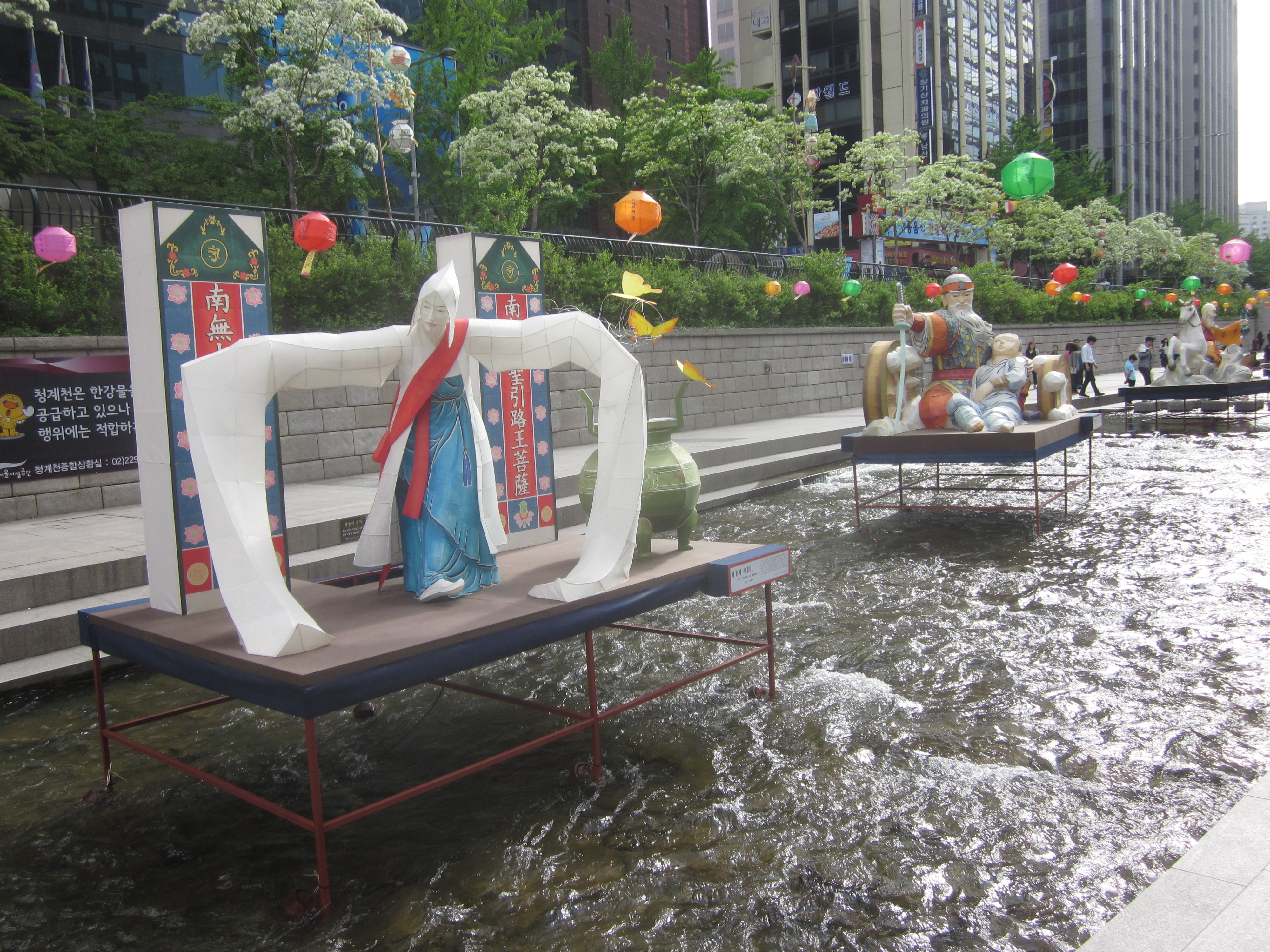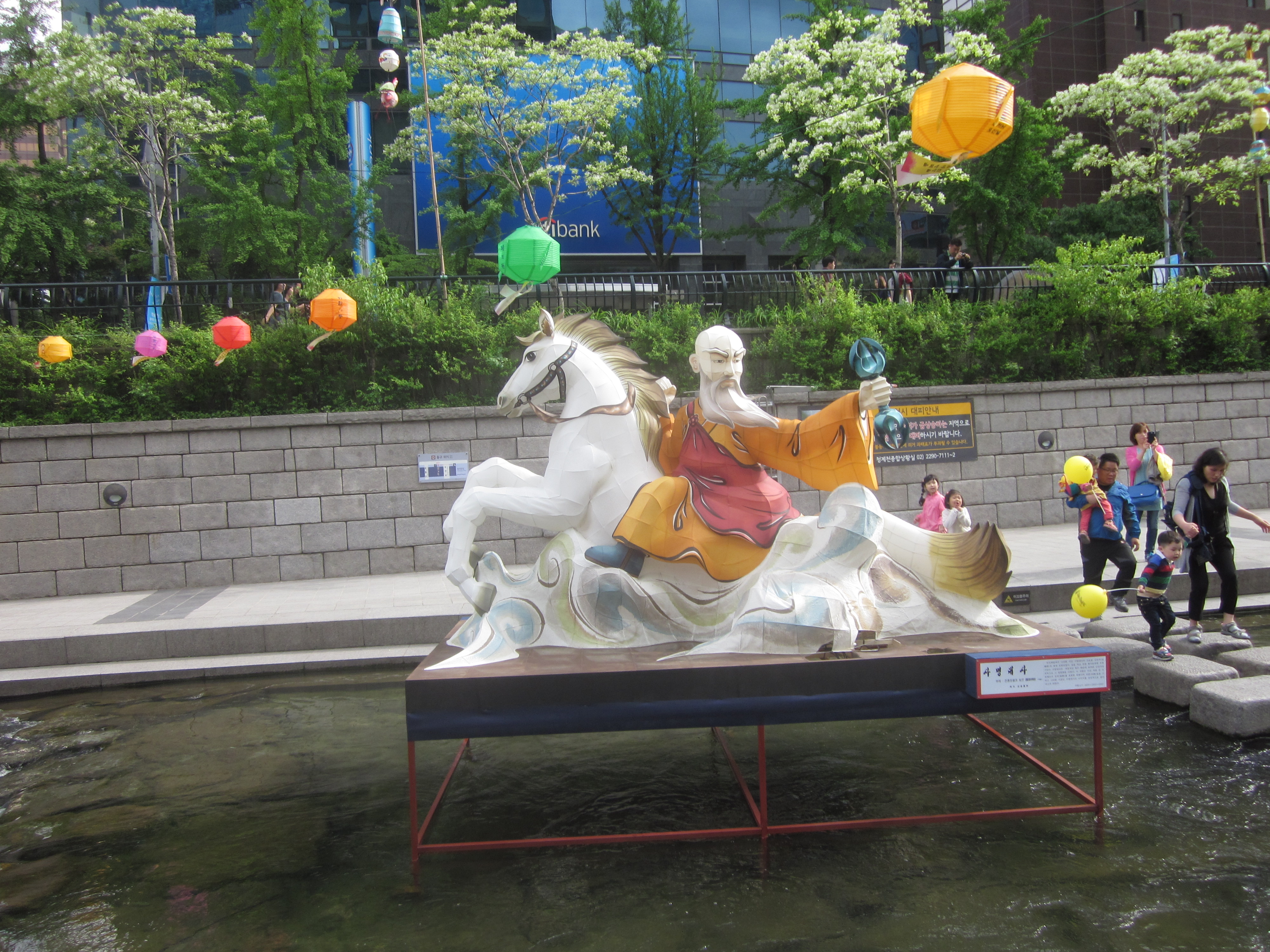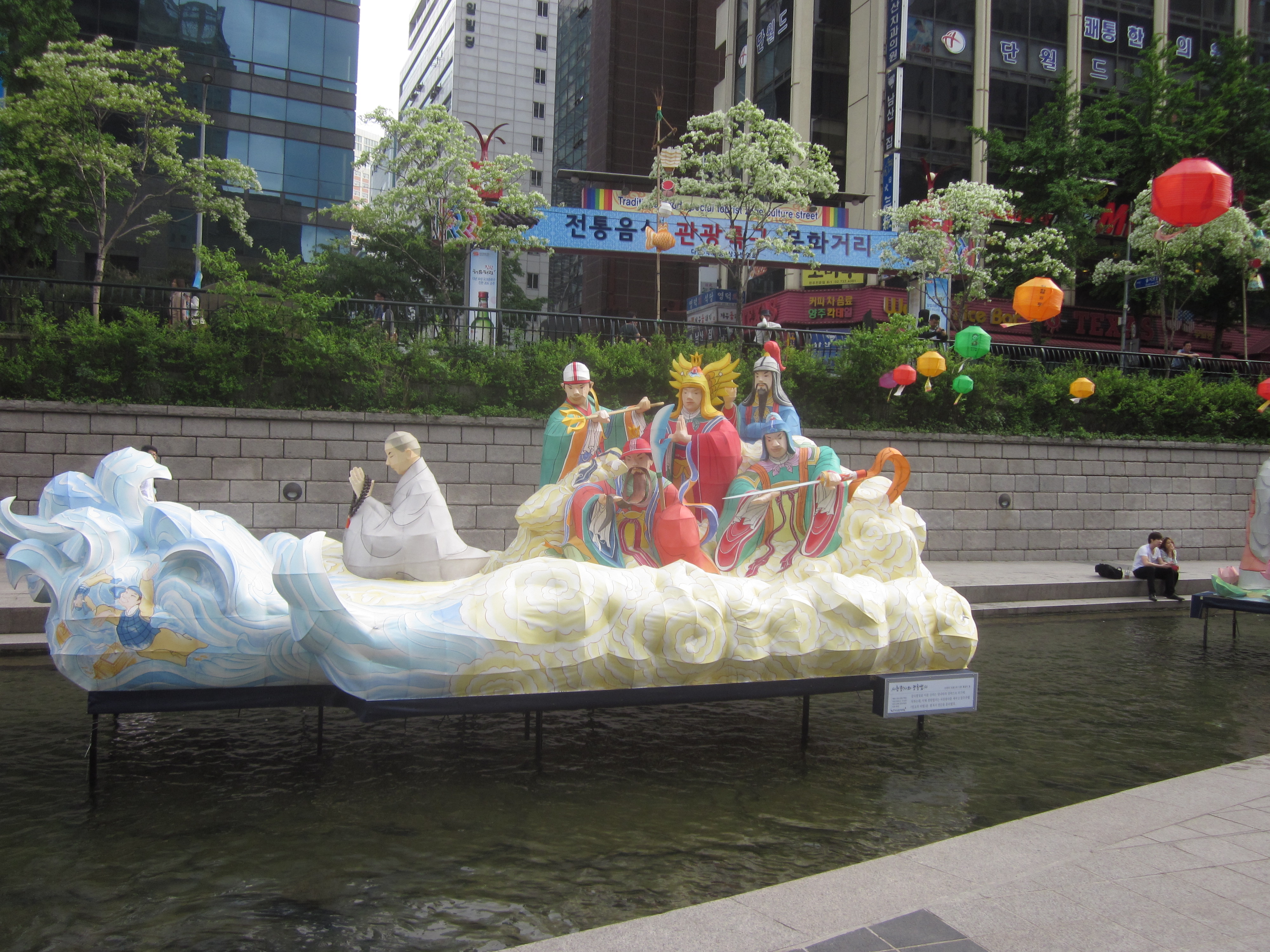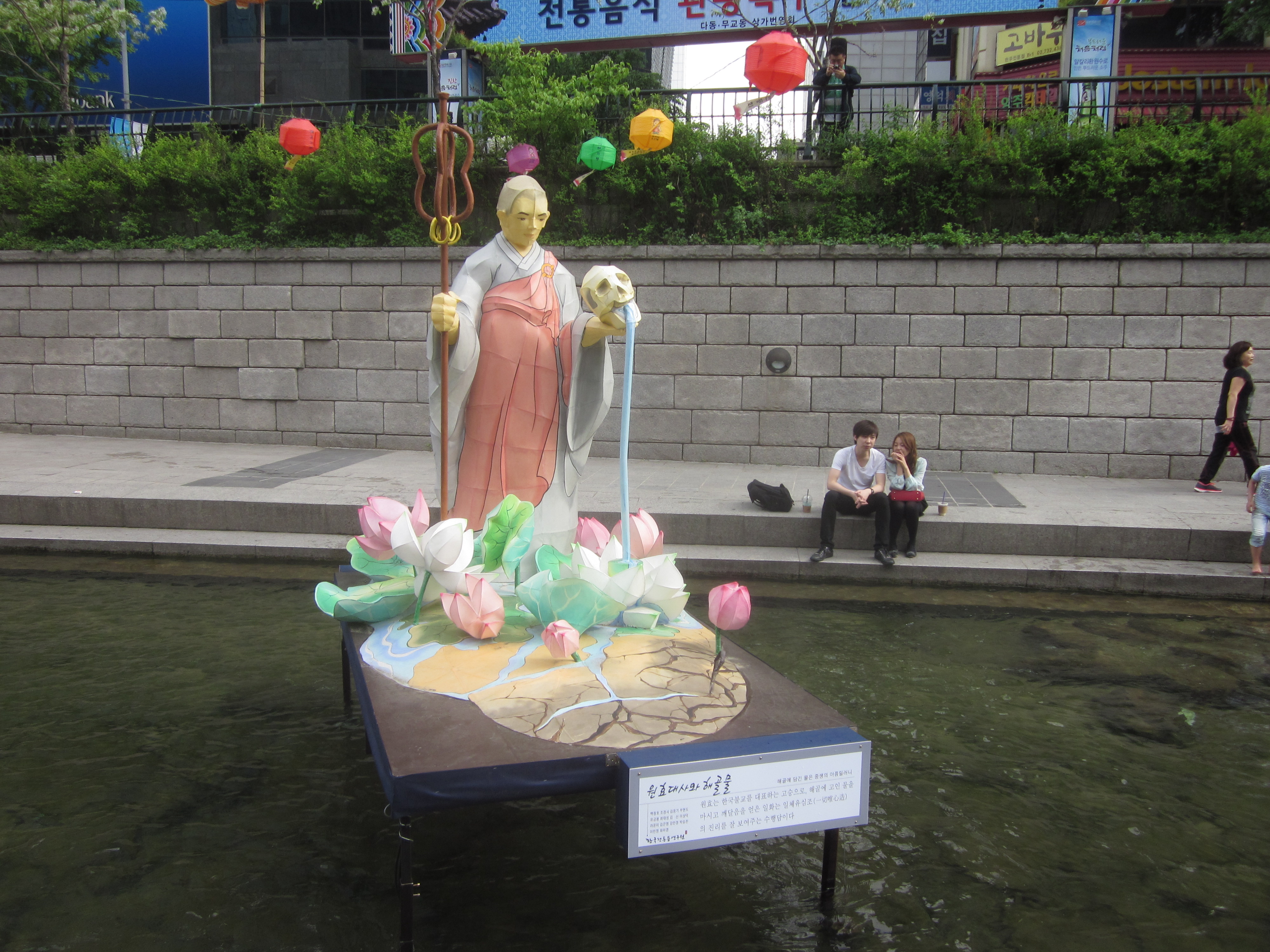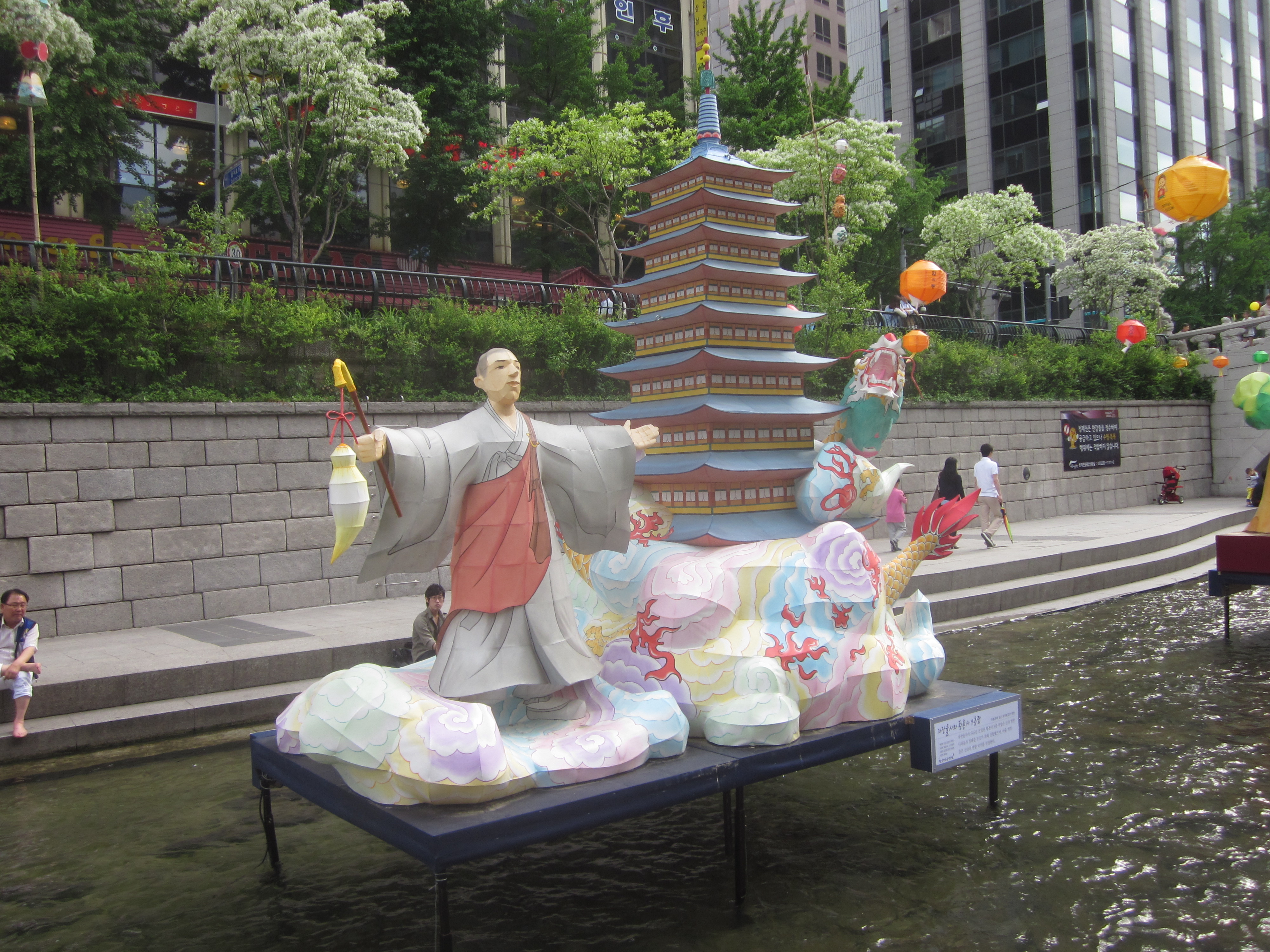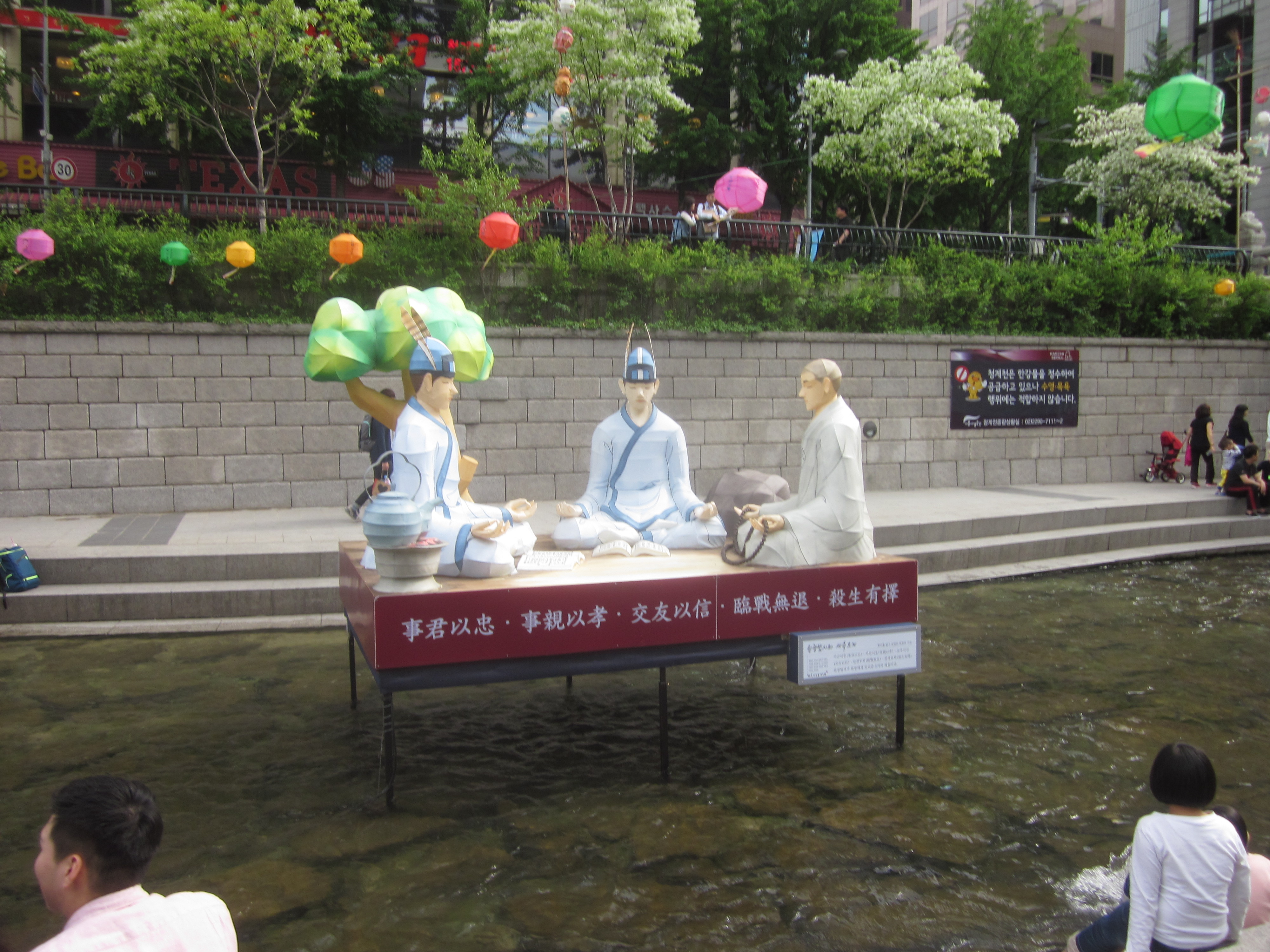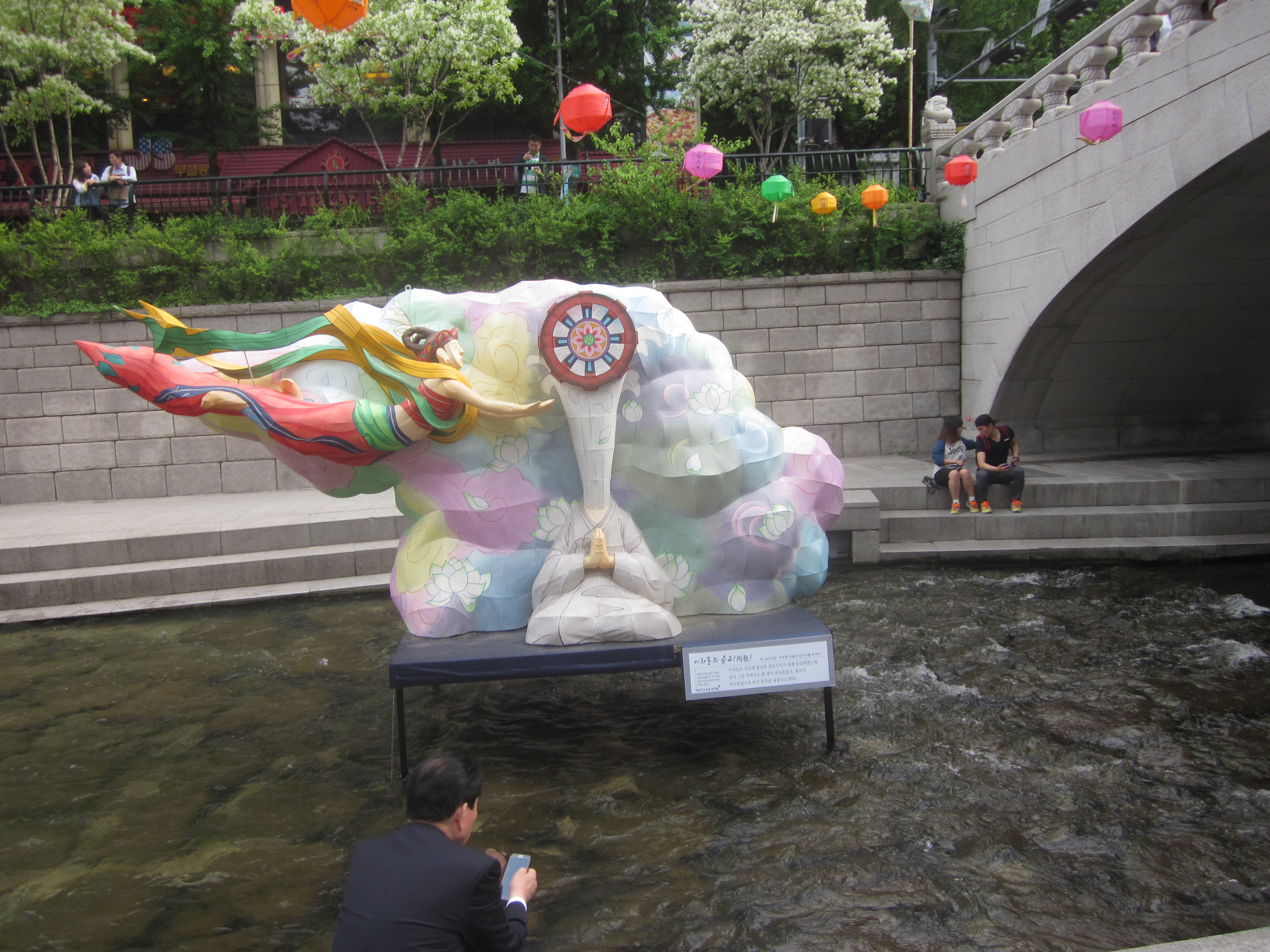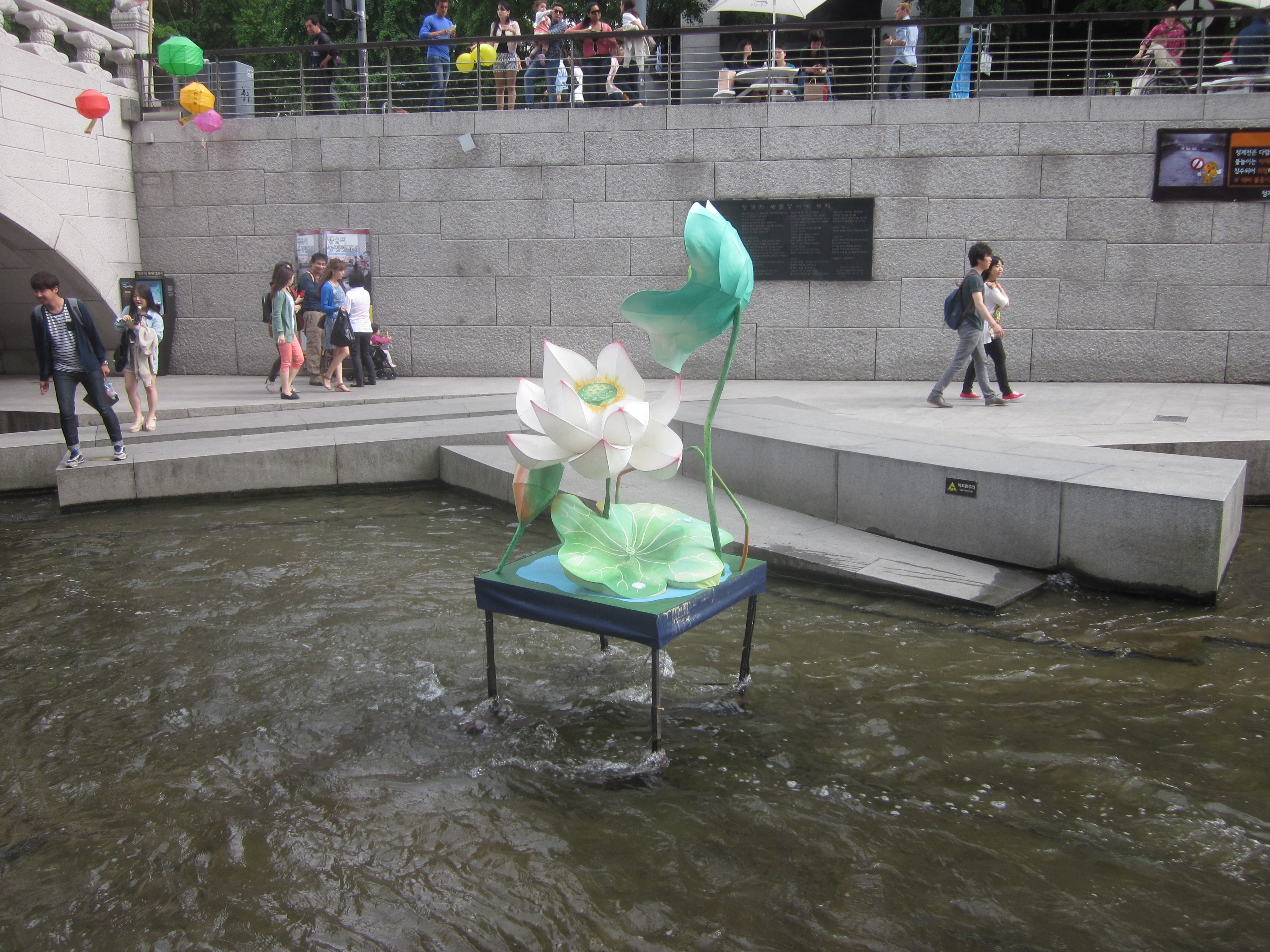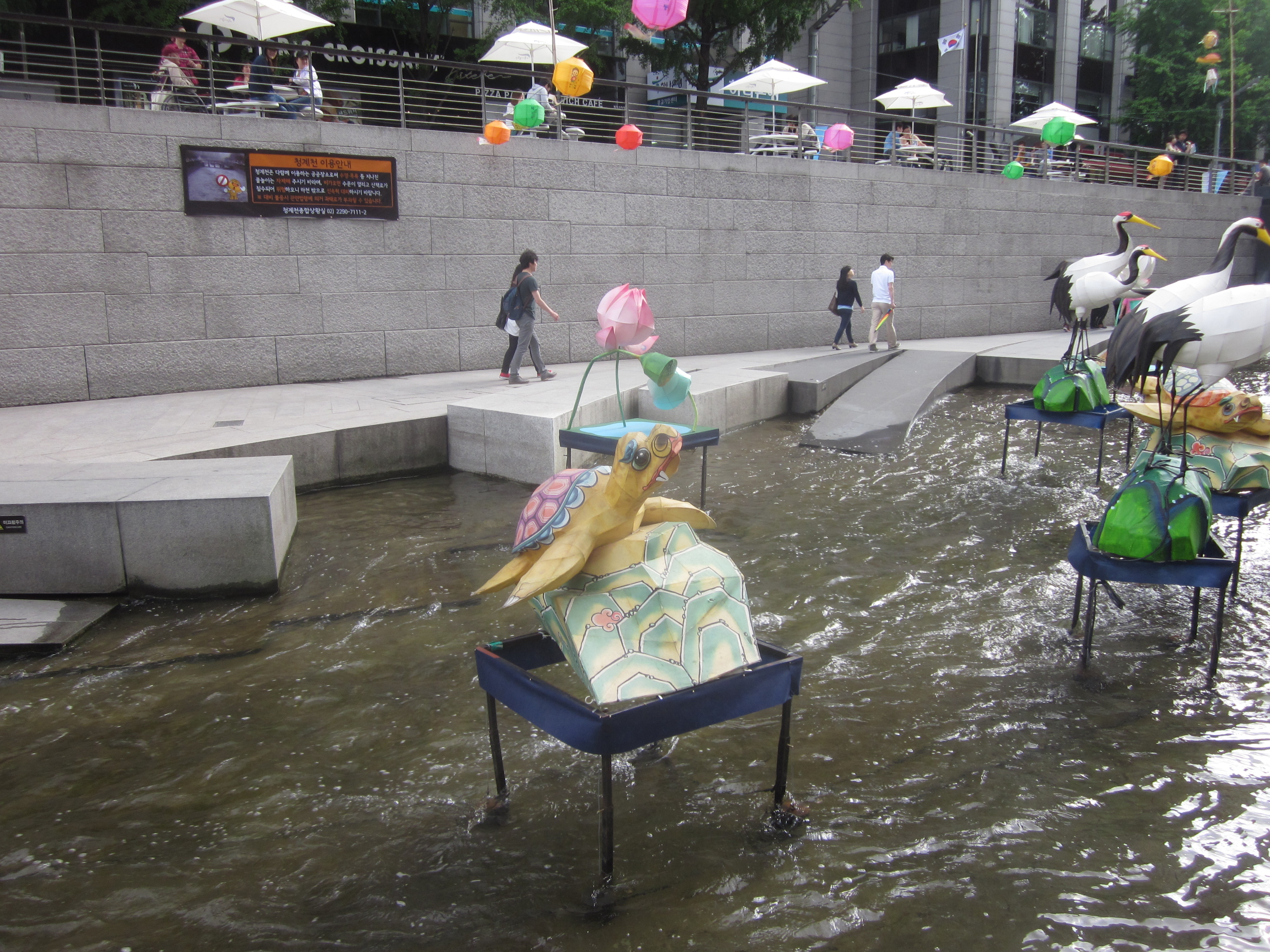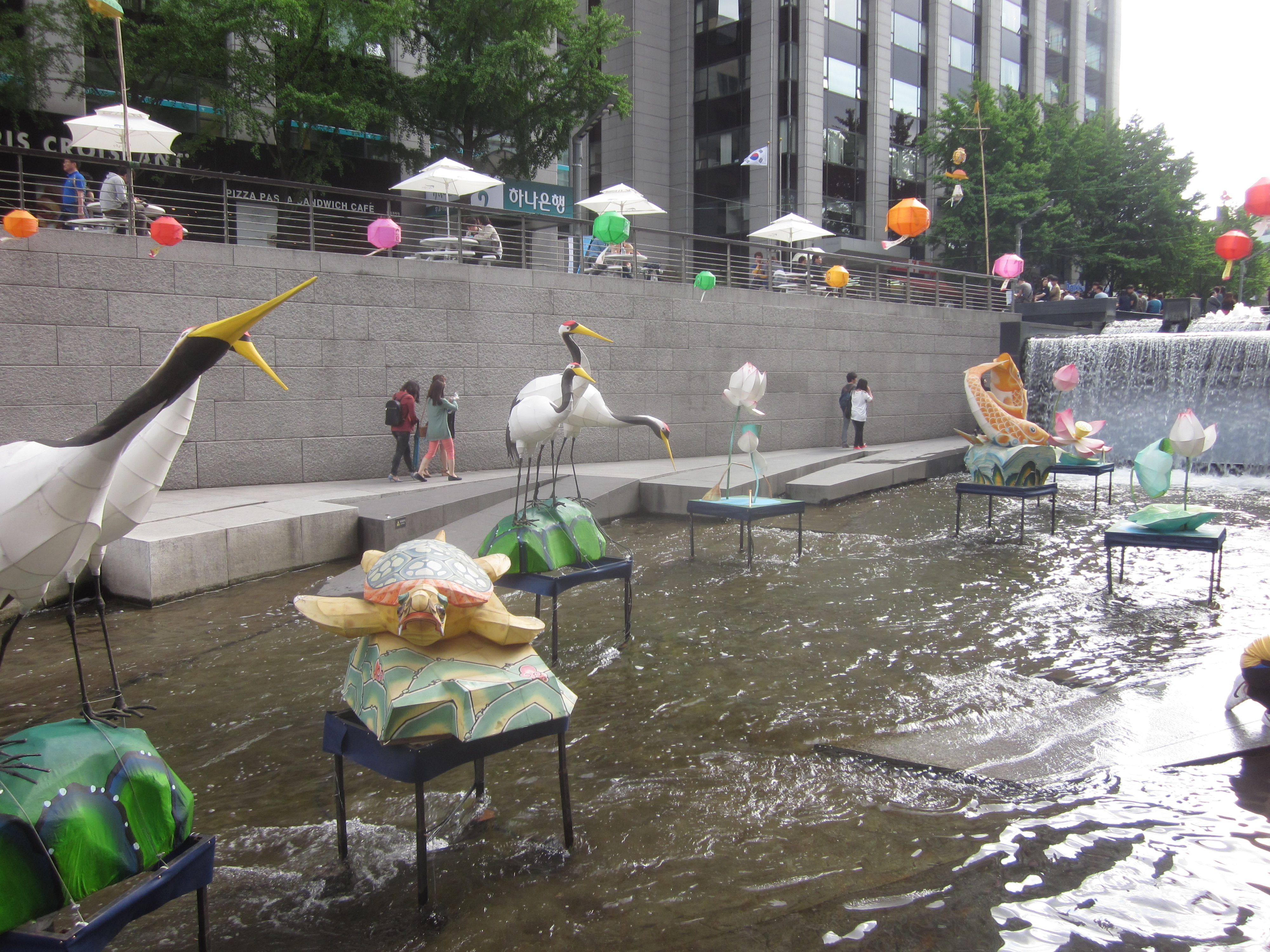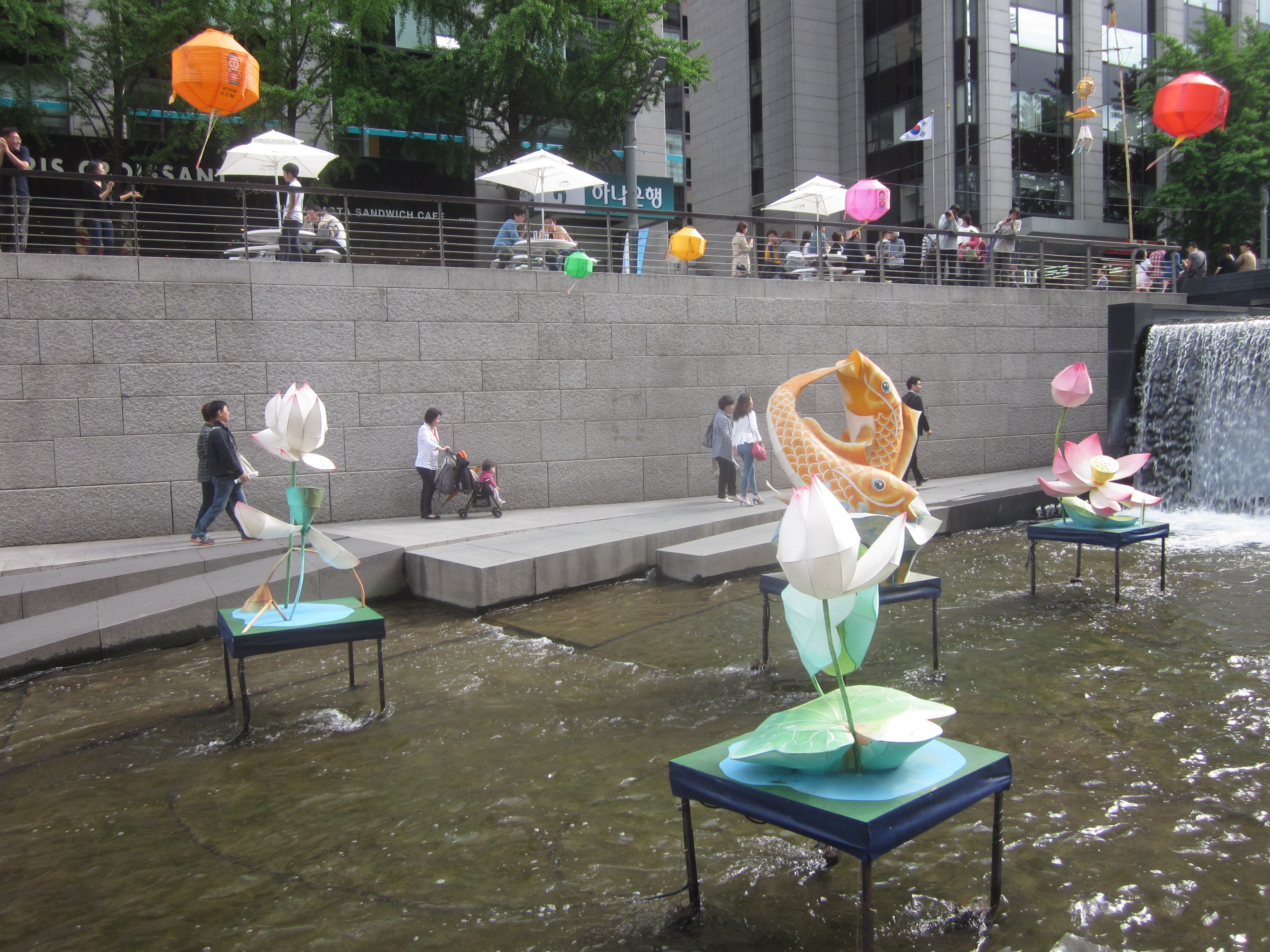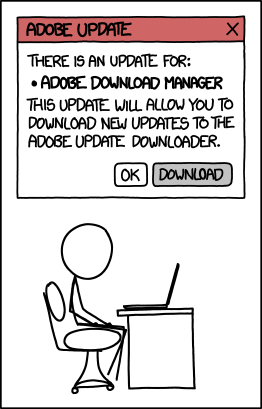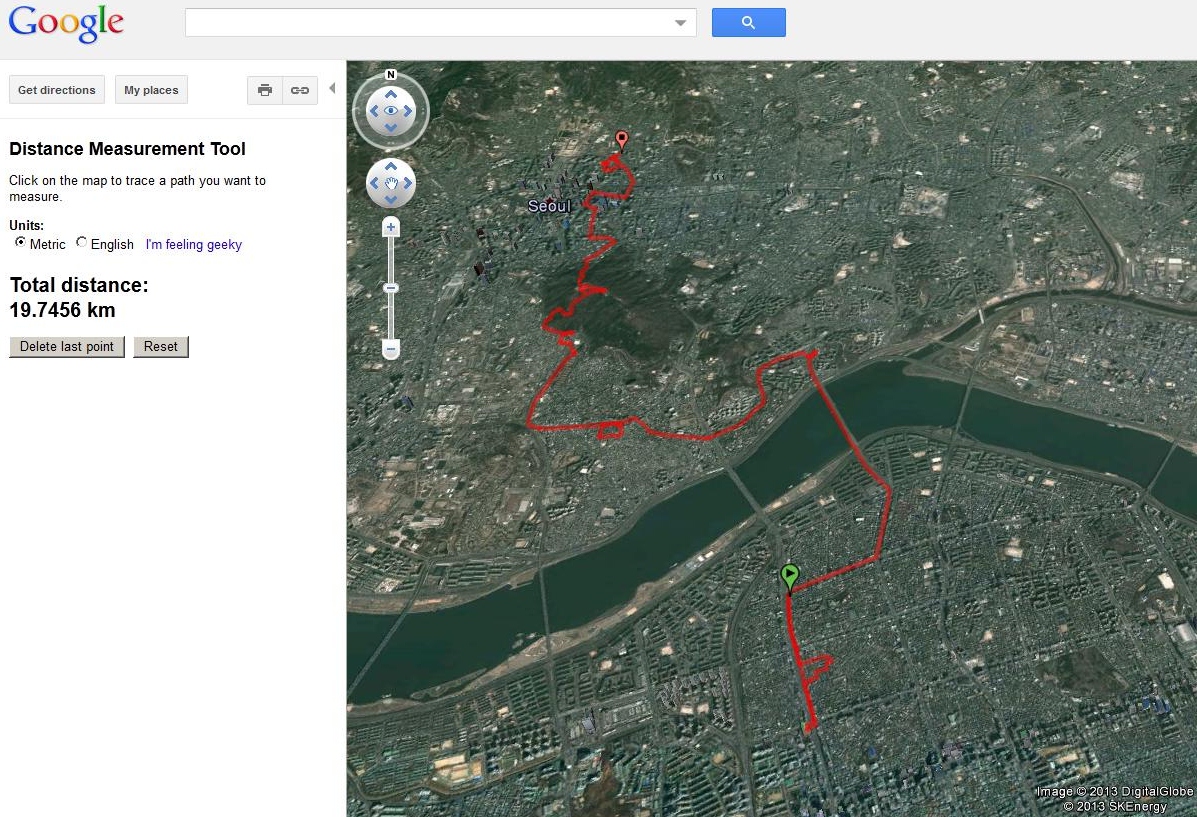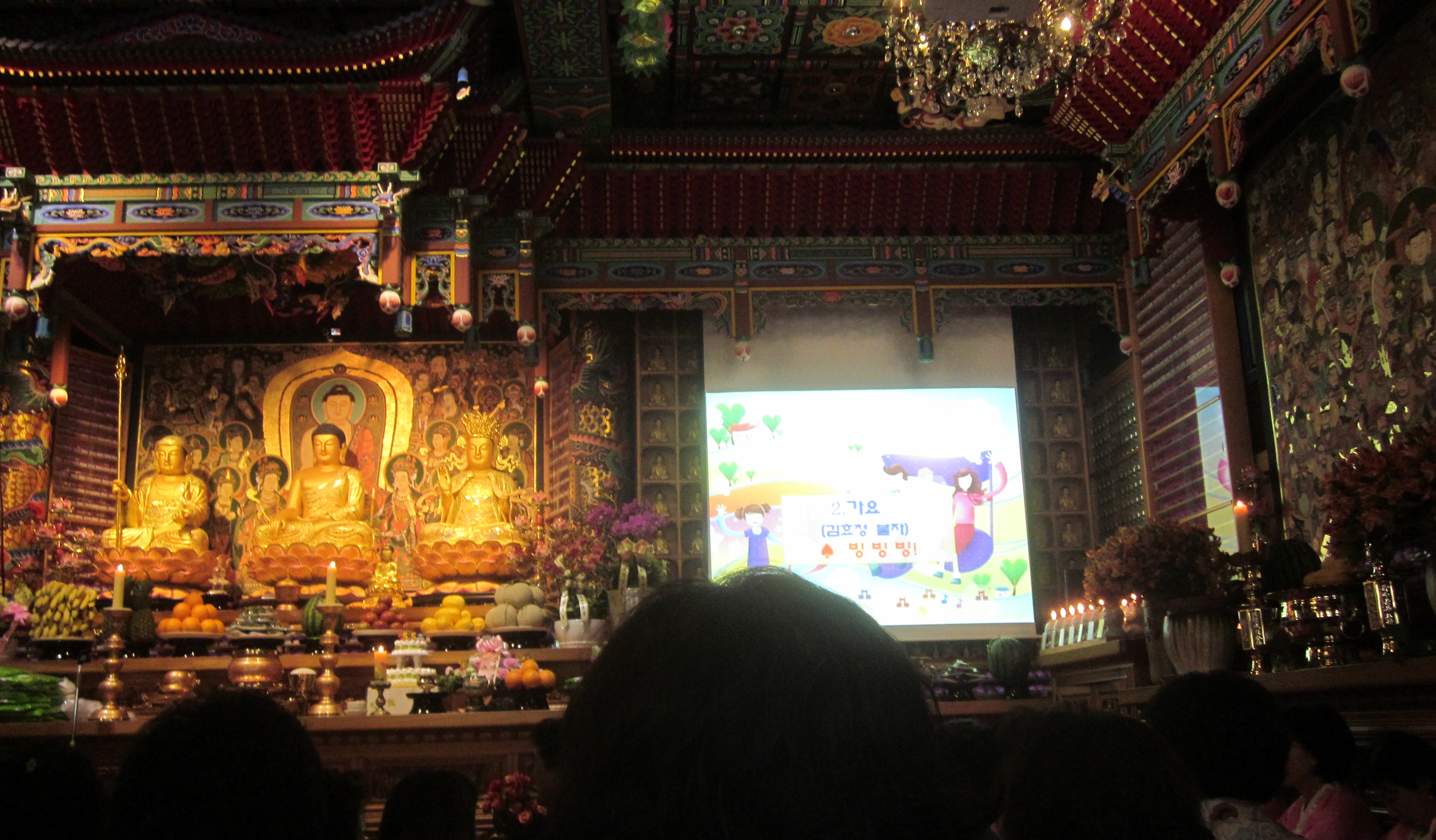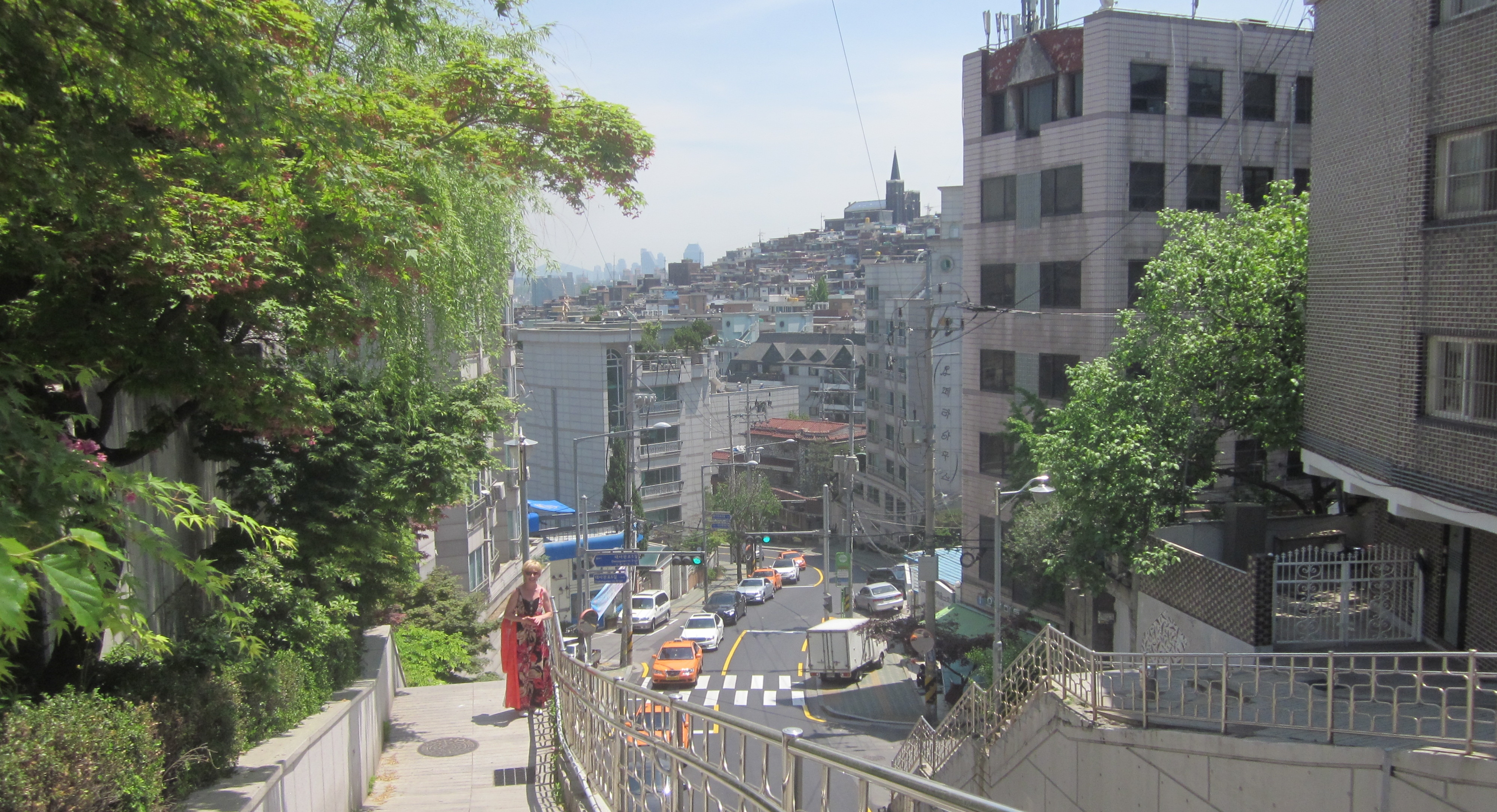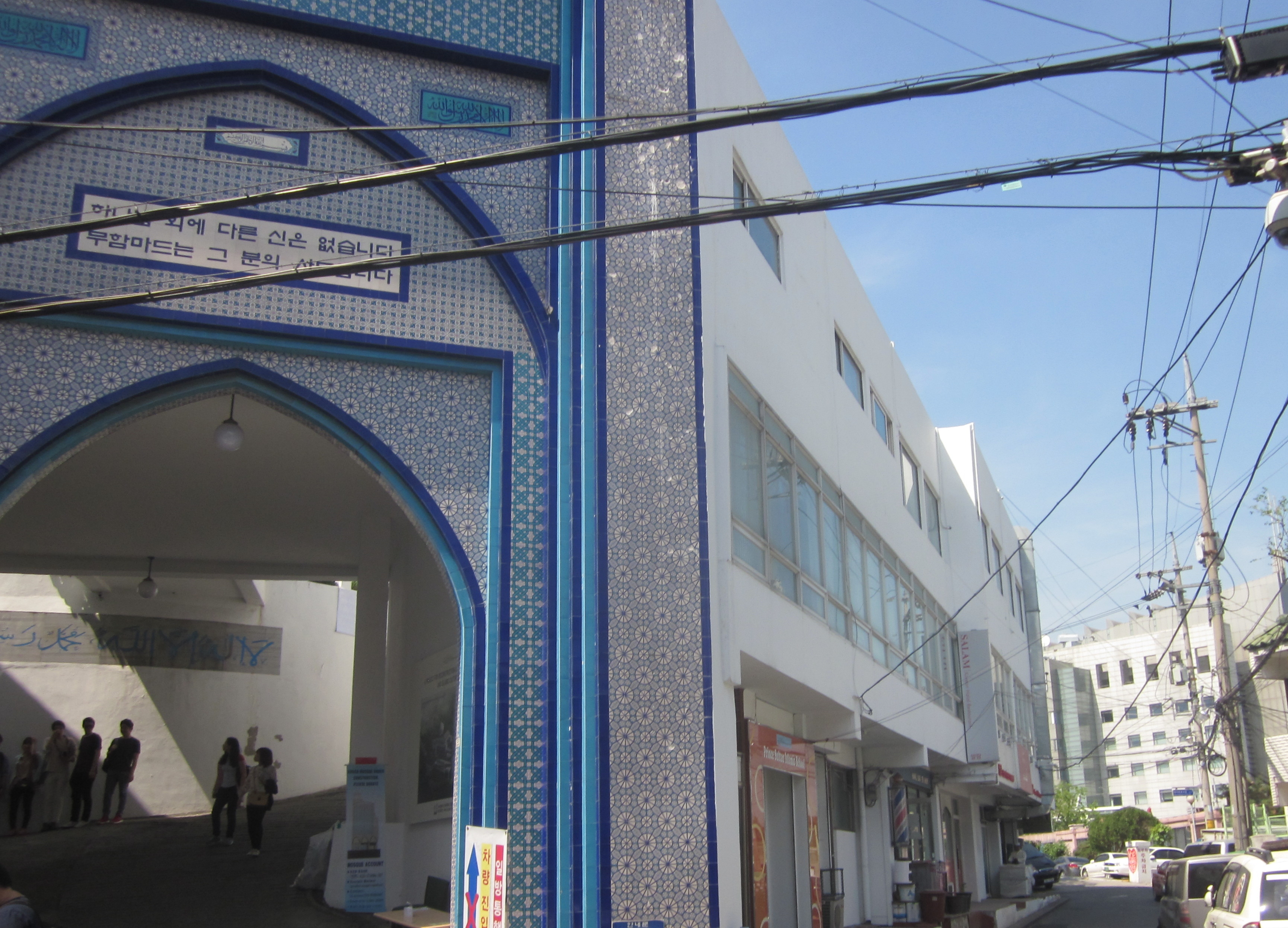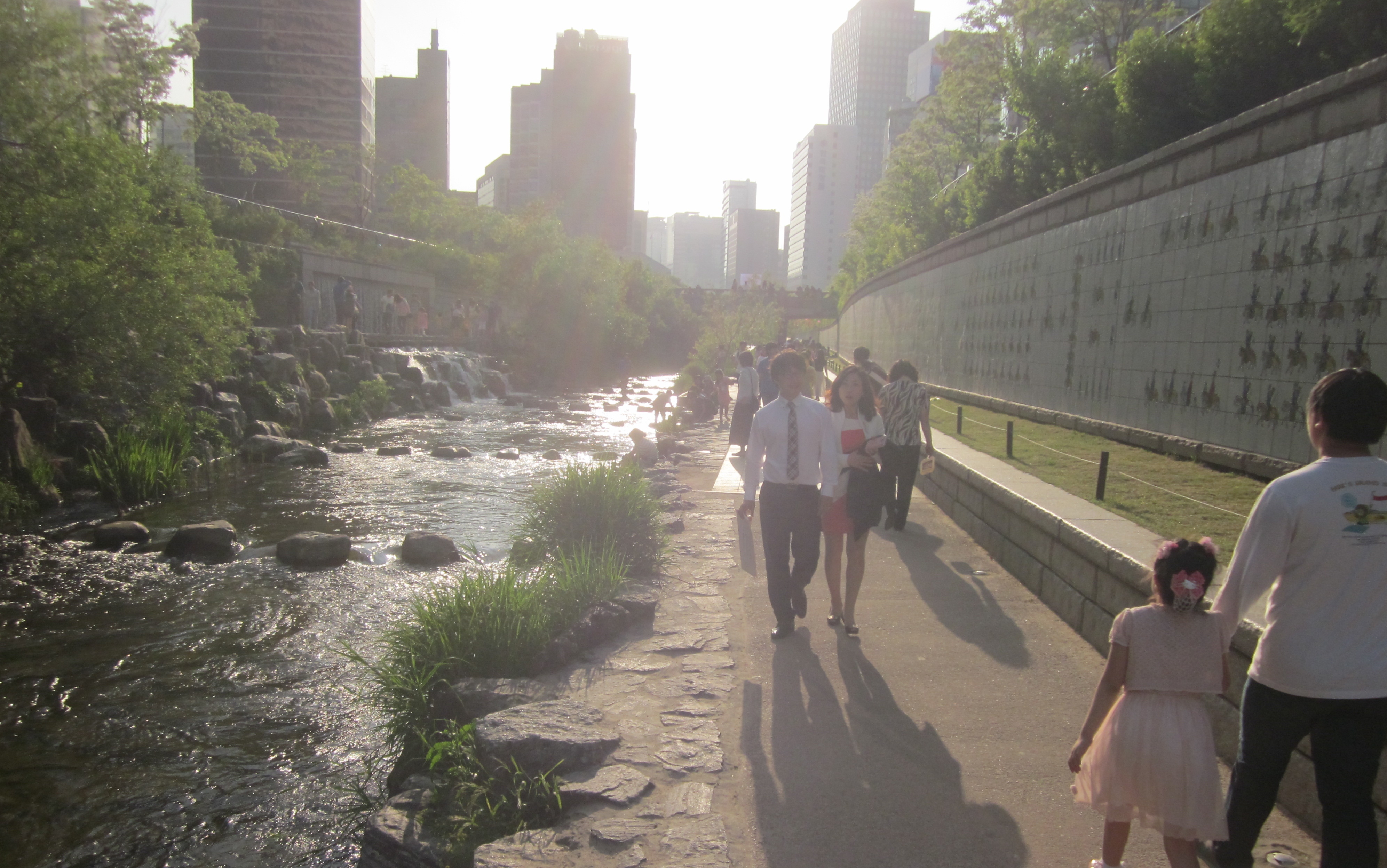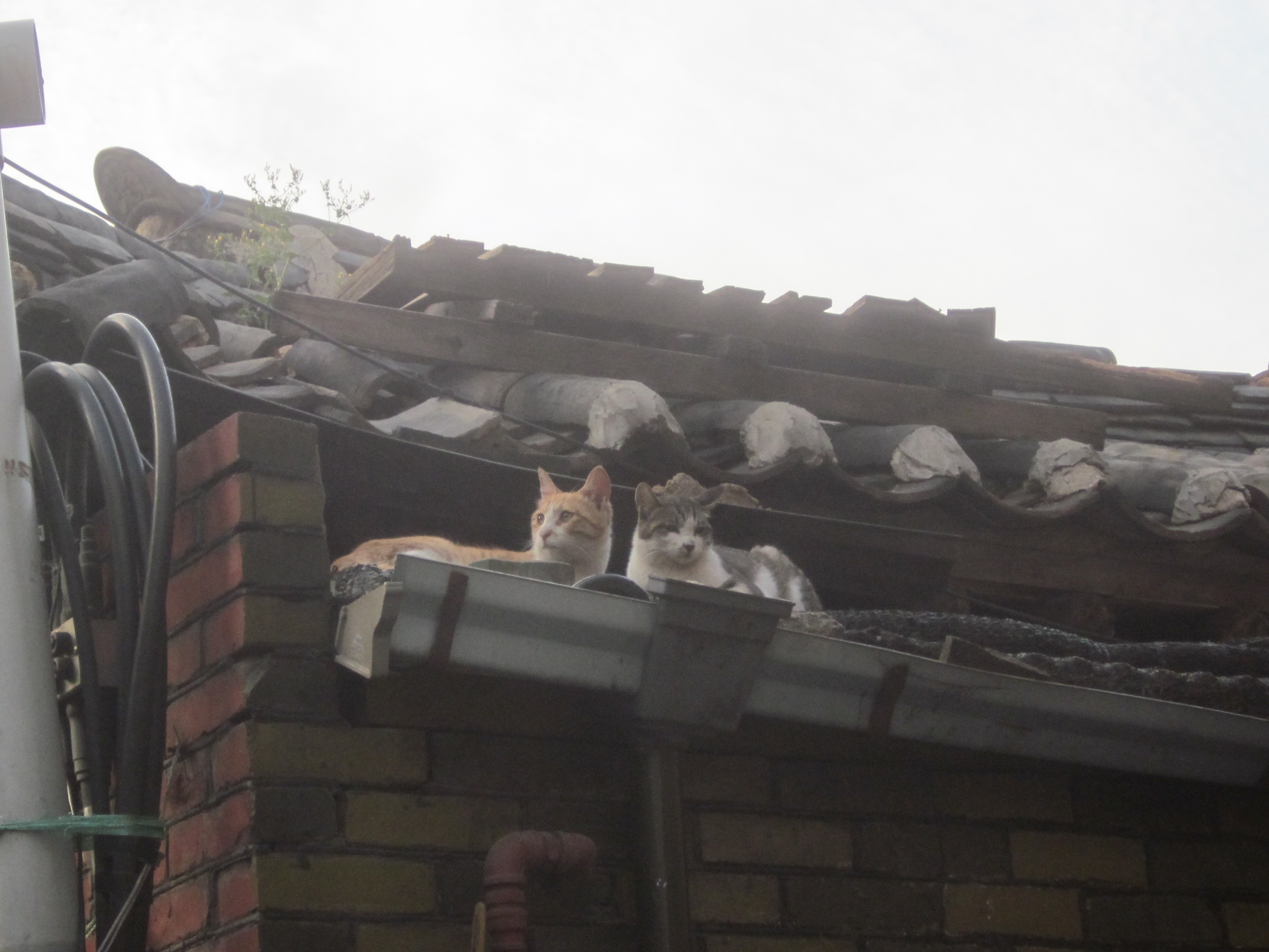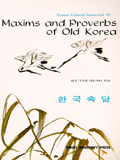My friend Peter made a pass at defining 정 [jeong] (juhng) in his blog. I’ve done that, too (see Caveat: 情 from two years ago). But I really think Peter has figured it out. He writes:
When push comes to shove, hwe-shik was/is a chance for building the emotion Koreans call Juhng (정),
which I learned to be a special kind of bond formed with those with
whom one has undergone mutual hardships, like the bond of soldiers
who’ve served together. As I understand it, Juhng doesn’t
necessarily mean friendship or even necessarily admiration, but a kind
of recognition of, and appreciation of, shared-experience itself, “we
are [were] all in this together”. It’s especially true for
emotionally-important experiences, like (again) combat, or working
together at a such-and-such company in difficult conditions. The harder
the situation, the stronger the Juhng.
So then we had a conversation, via comments on his blog entry (and/or email). Here it is:
jaredway 05/16/2013 2:49pm
I think that’s the best definition of 정 (jeong or as you trascribe juhng) that I have ever seen, written by a foreigner. I have attempted definitions of it before, mostly describing it as a cross between platonic love and sentimentality, but that concept of “shared experience” really encapsulates it well. “Intense Camaraderie” e.g. “brother-in-arms” is a possible comparison.
Peter 05/18/2013 3:11pm
Thanks, Jared. I see one place you attempted a definition:
“I find the workings of Korean jeong mysterious and impenetrable. It seems to be a hybrid of irrational loyalty and intense platonic love, with a strong seasoning of smarmy sentimentality.” (caveat-jeong — I’d make it a link, but I can’t figure out how, yet)
I wonder in what context Curt said that you “lacked” jeong. If someone working with Koreans “lacks jeong” (whatever that means), it would seem to be an institutional problem rather than a personal problem. Example: At my job as of this writing, “I” (along with the other foreigners) definitely lack a jeong connection with the Korean teachers and to a lesser extent with the students (when I compare it with my Ilsan job). Why: There is a wall carefully erected and maintained between foreigners and Koreans at this place. I complained about it in this very entry (above). In brief, I blame the weakness of management here.
Also in your entry:
The idea that jeong (정) is uniquely Korean. At first glance this reminds me of some other sweeping Korean cultural ideas, like the idea that English has no ABILITY to express politeness in speech, an idea coming from its lack of a 존대말/반말 distinction. Both of those ideas seem culturally…”insensitive”, at least.
It’s easy to criticize those ideas. I’d have to admit, though, that in terms of the USA I know, the one I was born into, those two concepts (jeong and politeness-in-speech) are at once both more ‘important’/explicit in Korea, and less important than they once were in the USA.
jaredway 05/19/2013 8:13am
You’re right that I’ve been trying to figure it out for a long time. But I definitely believe you’ve identified the essential feature – the “intense shared experience” factor. And in fact, your insight has allowed me to retrospectively re-think some of my past experiences, such as the unbearable yet utterly compelling staff field trips when I worked at the public school in Hongnong: they were jeong-building exercises, and thus there was a sense in which, of course they had to be unbearable – how else could jeong be built? More and more, when the idea that there is no equivalent concept in English comes up when talking to Koreans, I have thrown out the word “camaraderie.” And your new definition goes the same way. “Camaraderie” lacks the high-frequency-of-use that the word “jeong” has, and may seem milder or narrower in focus, but I think it captures the core aspect. Another translation might be “comradeship” but that always makes of communards standing at barricades.
Why am I sharing all this? Because I think jeong, and the conversations about it, are culturally fascinating, and because I have now come full circle from where I stood in 2008 when my friend Curt told me I “had no jeong.” I believed at first that he was wrong, and it was just a language issue, and then I started to believe it was in fact a genuine cultural difference, but now I’ve returned to the view that it’s a language issue.
The key factor is to remember that jeong is between people. The word doesn’t describe an emotion felt on one’s own by one person, but rather an emotion felt between two or more people (family, coworkers, classmates, etc.) So in that sense, Curt was right: when he told me that, of course I had no jeong – not with him. The funny thing is that, these many years later, I do have jeong – again, with him. He’s even said so. It resides in the shared experience (especially hardship of some kind), which he and I now have (i.e. the struggles of working together with him as boss at Karma).
When Peter identifies jeong as being the sort of emotion that seems rarer in the US (and perhaps rarer these days than in the past), I think he might be right, if only because ours is a culture of individualized hardships and experiences more than of shared hardships or experiences. Kids go to college and have experiences, but so much of what they experience, even though it’s social, is nevertheless always conceptualized individualistically. If I look for the points at my life where I’ve developed “jeong” with people, they are places there that individuality gets broken down – team efforts: the army, living (and quarrelling) with housemates, intense (and fulfilling) workplaces (the Casa in Mexico City, ARAMARK in Burbank, etc.), graduate school.
